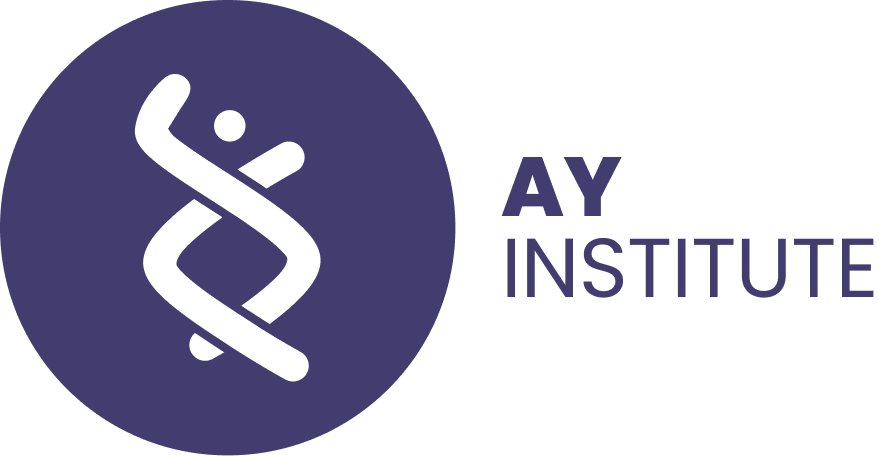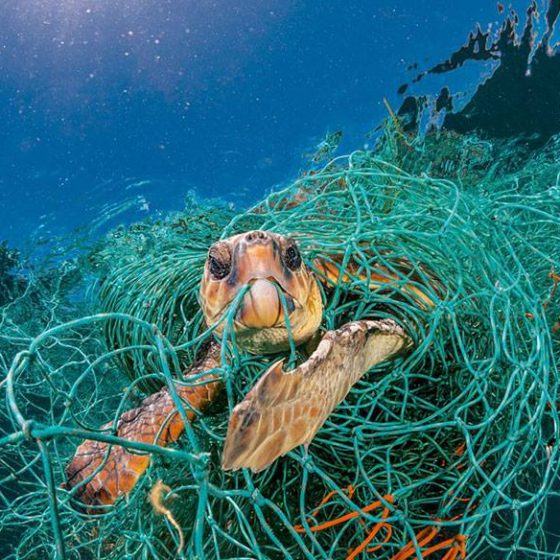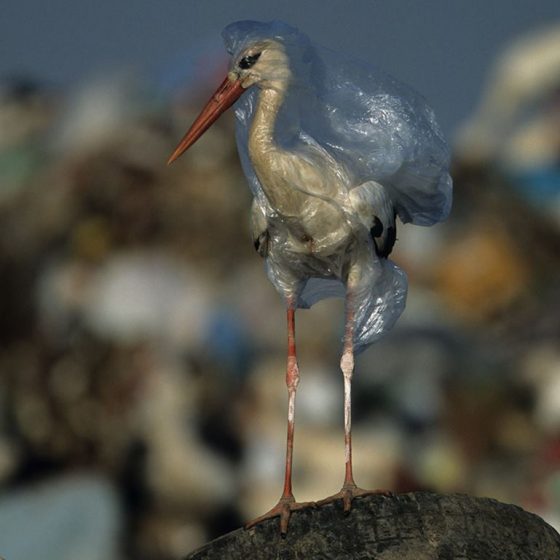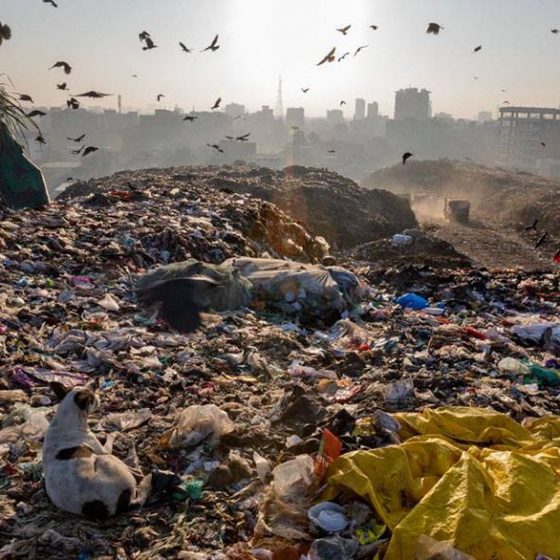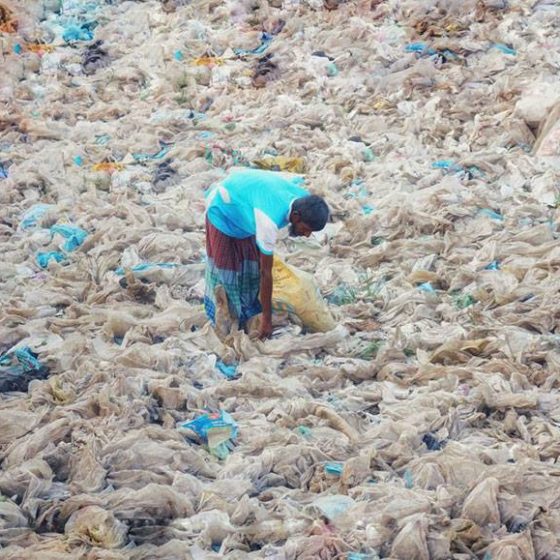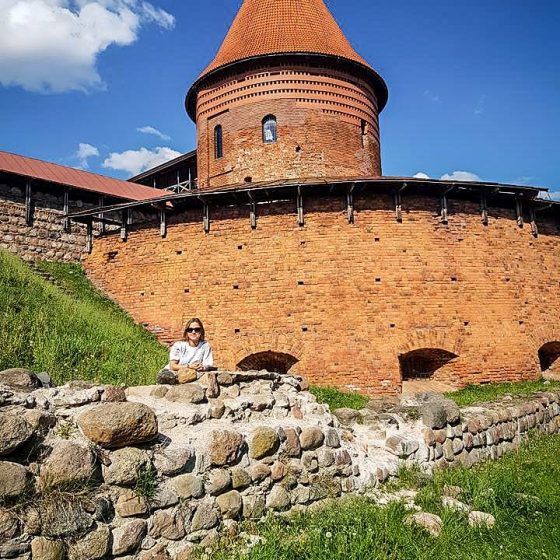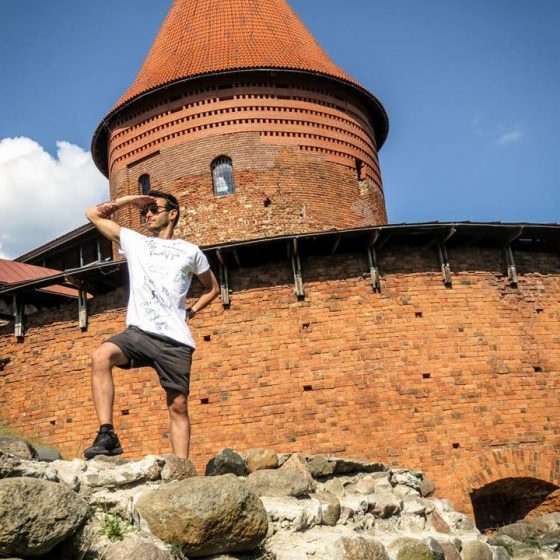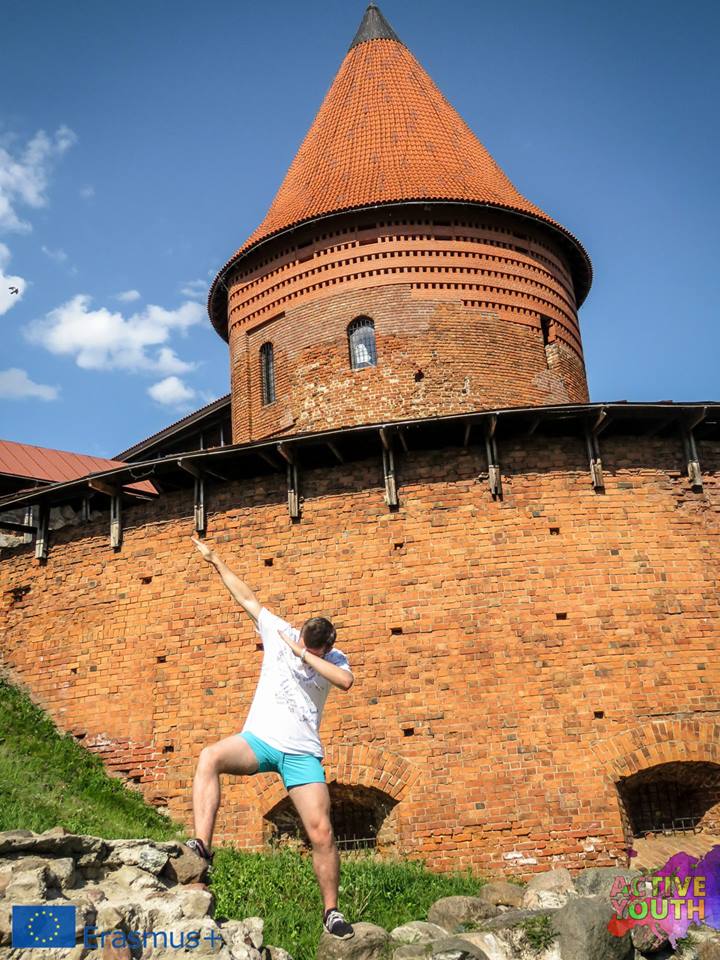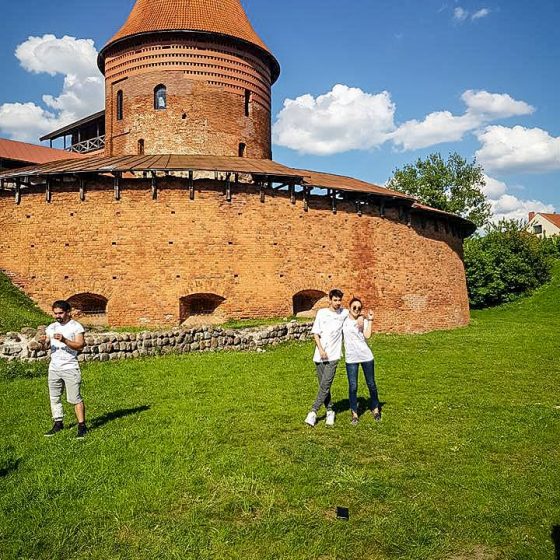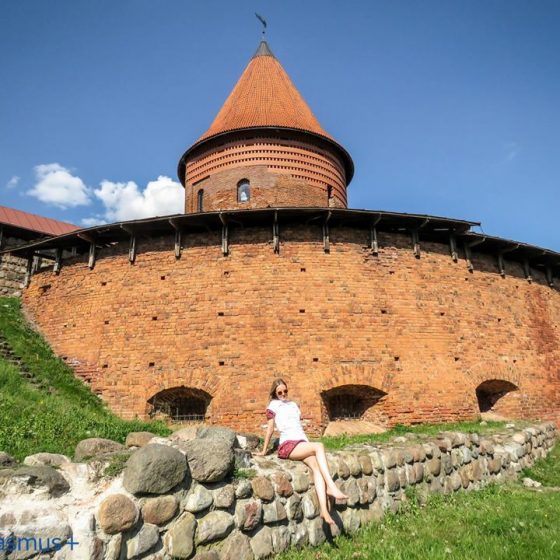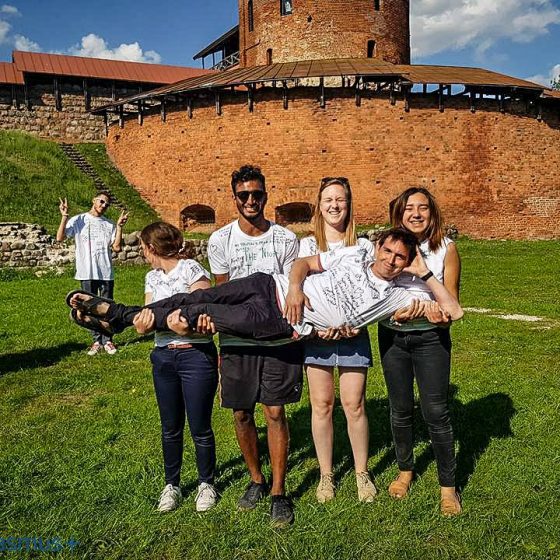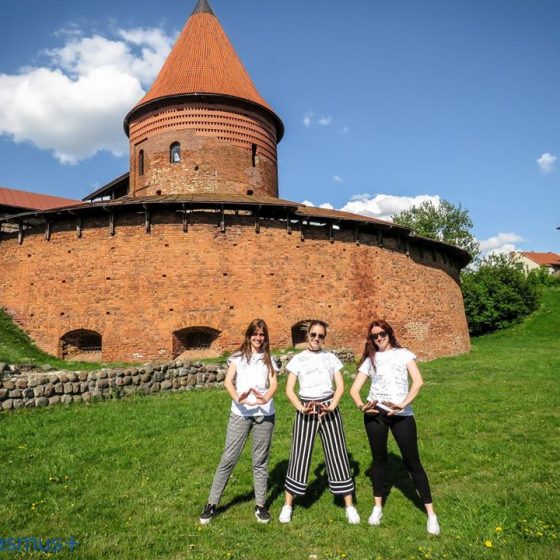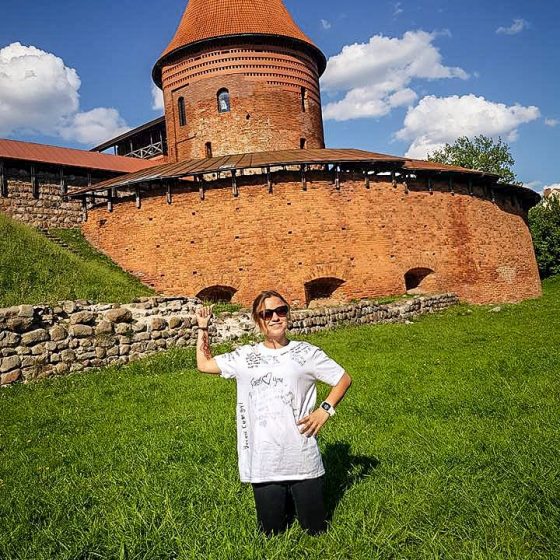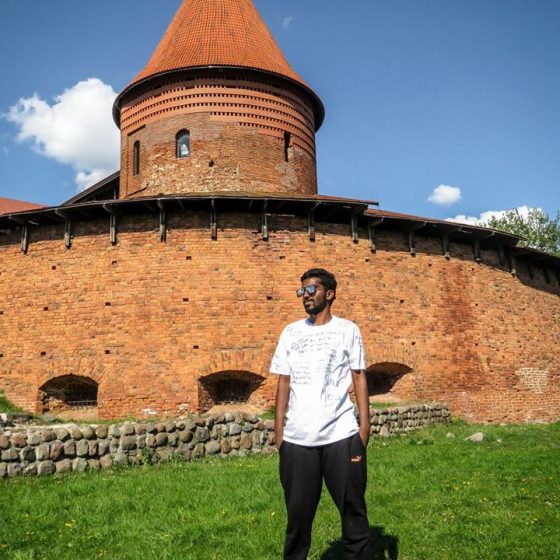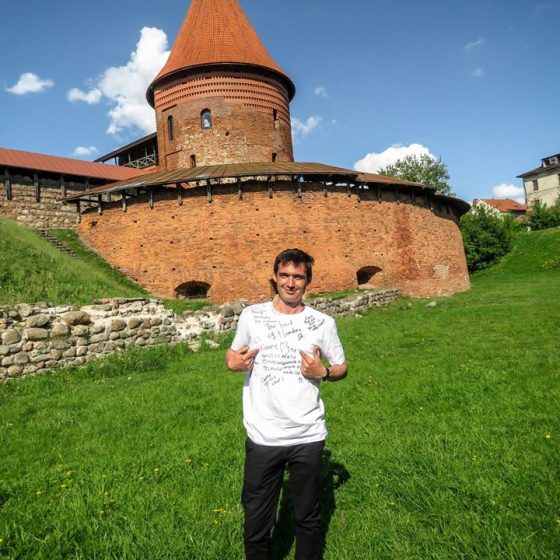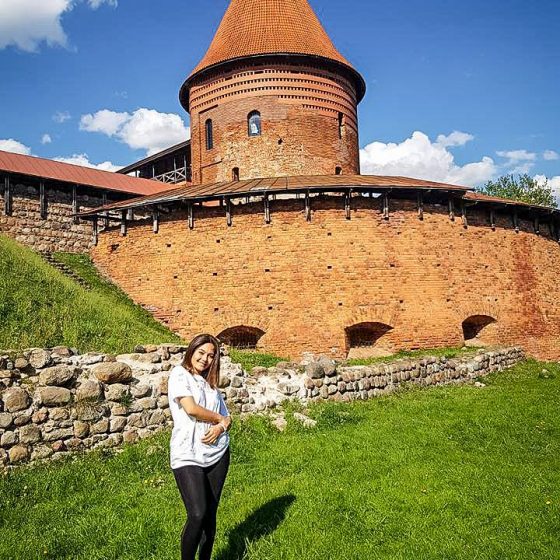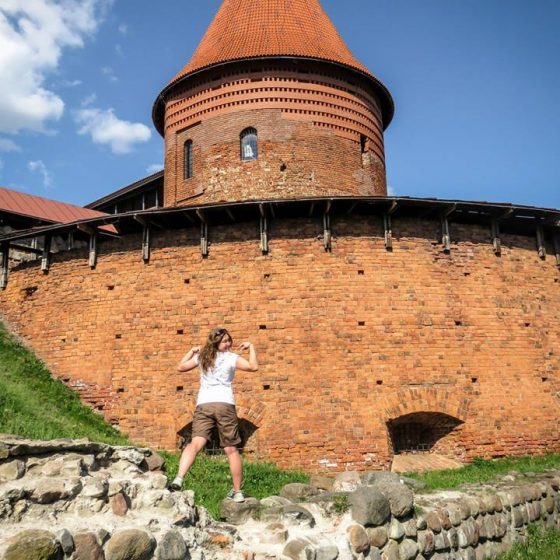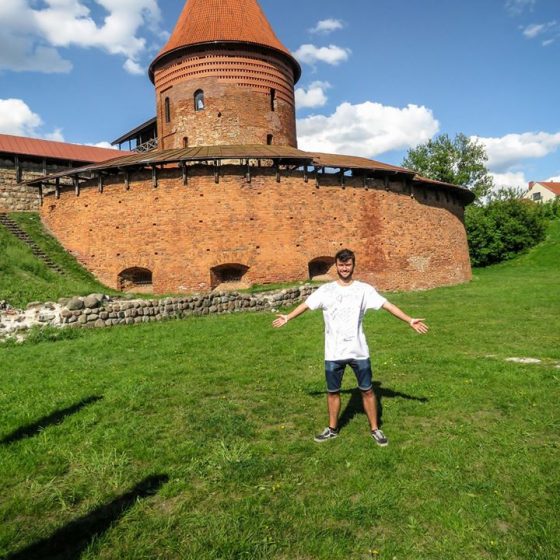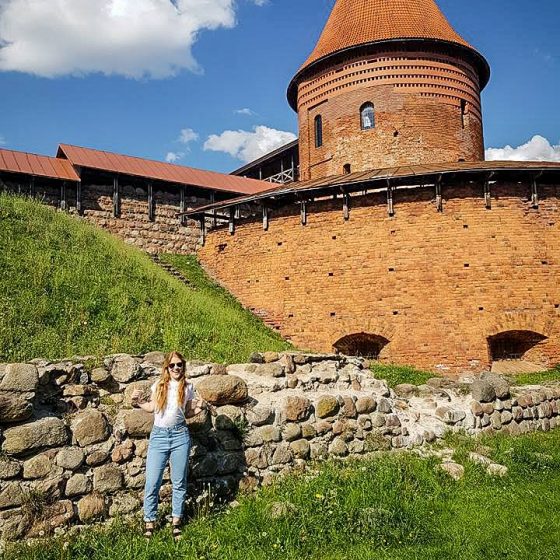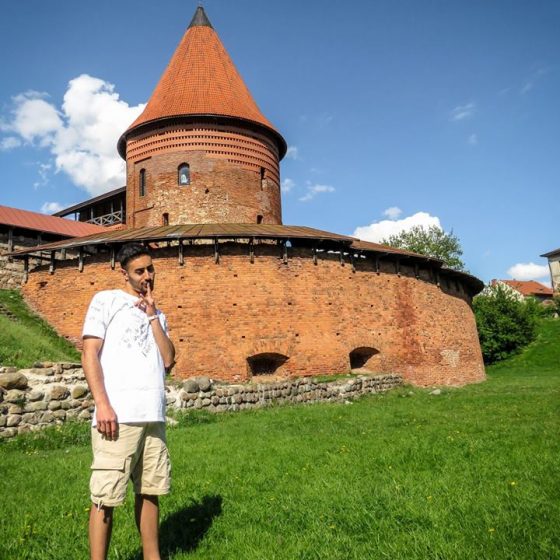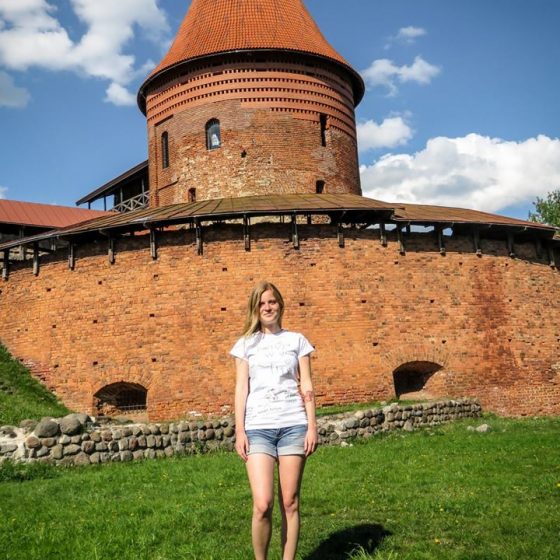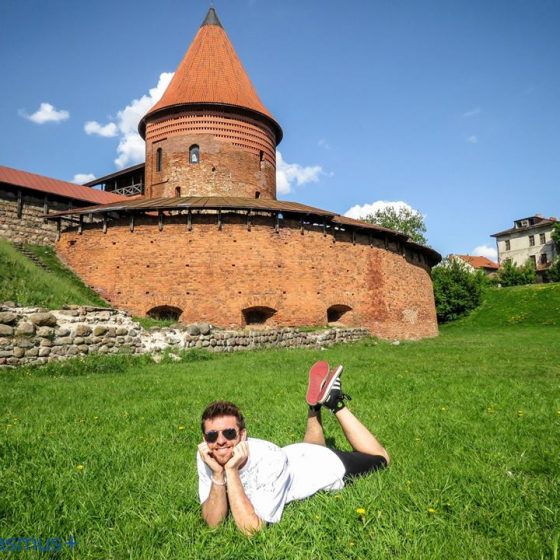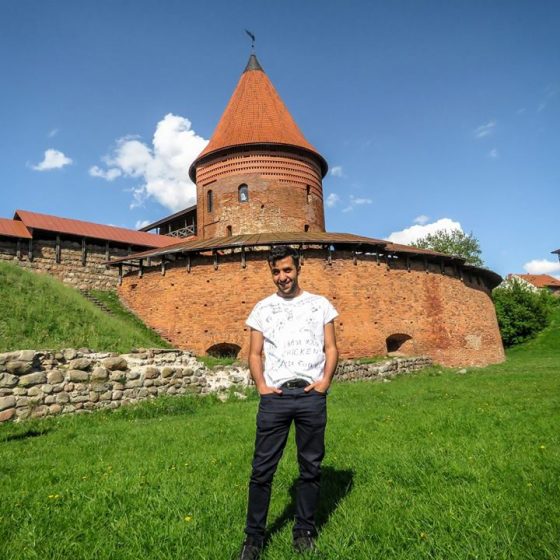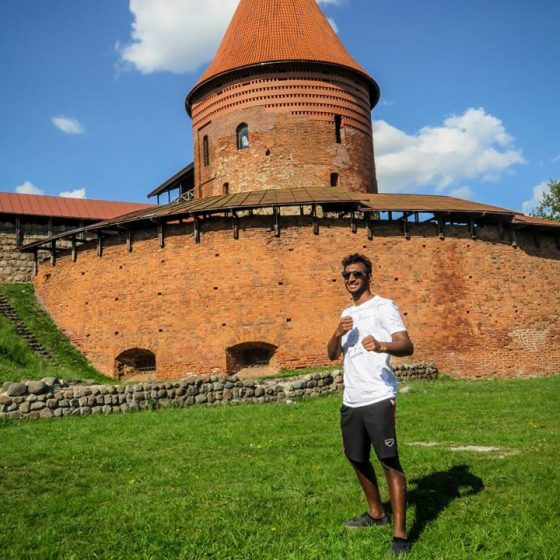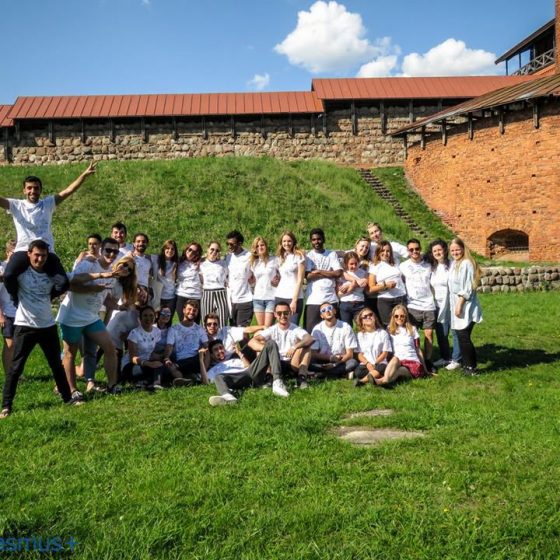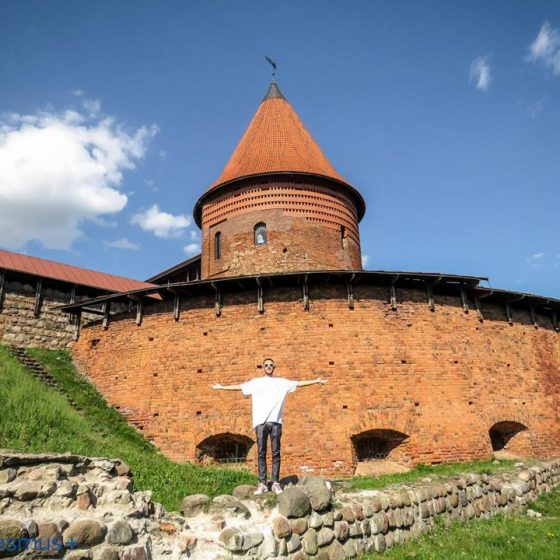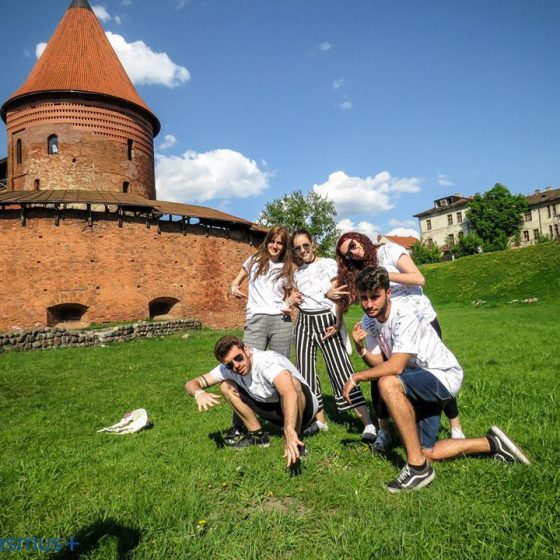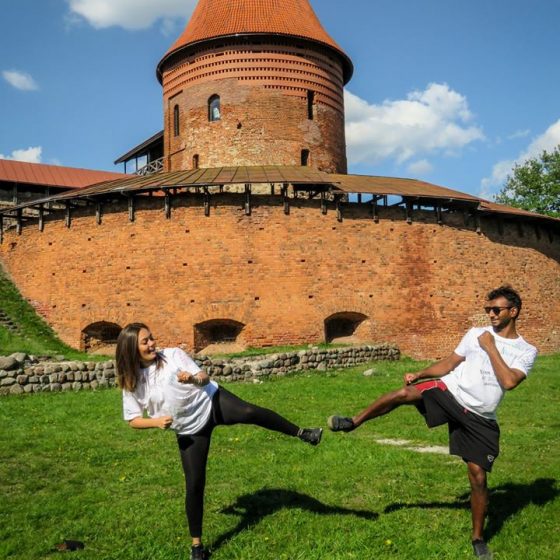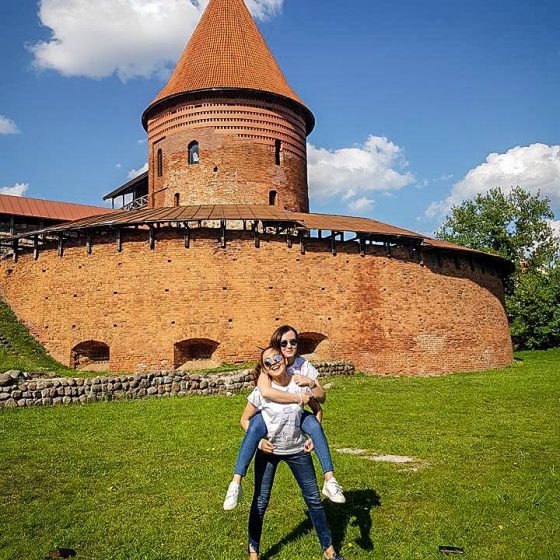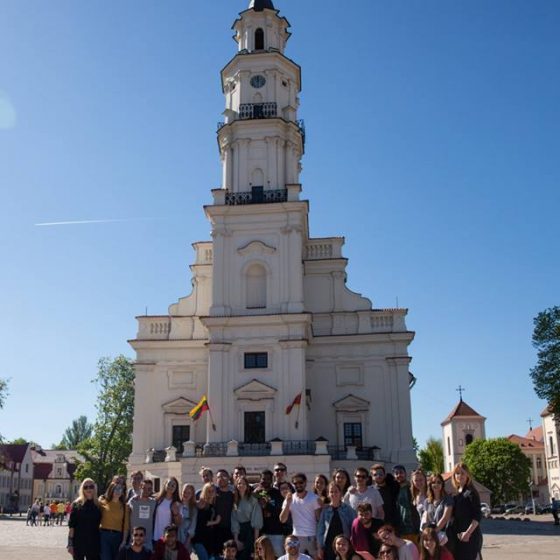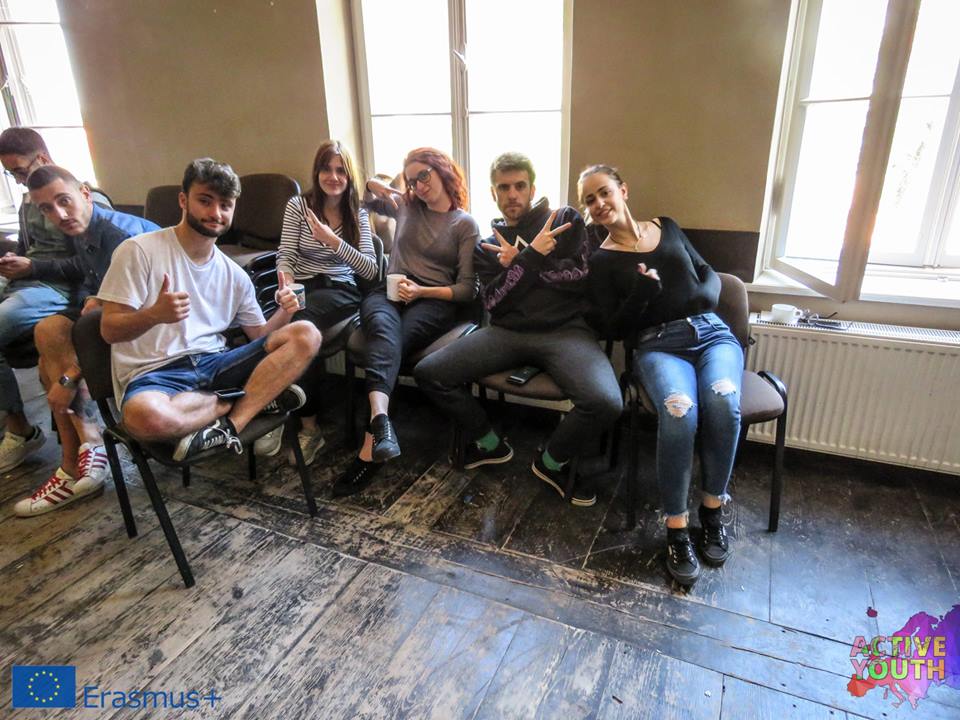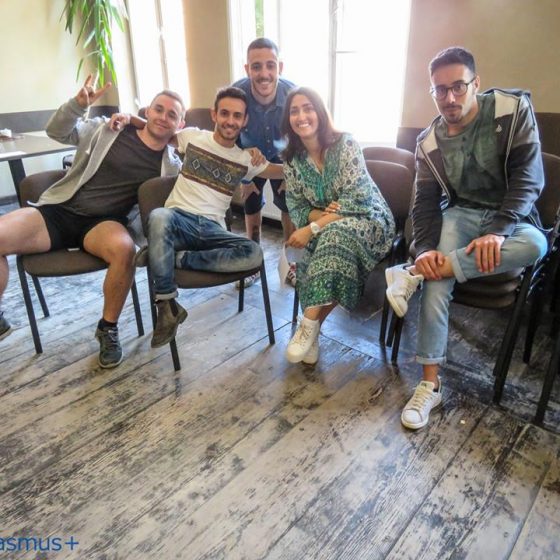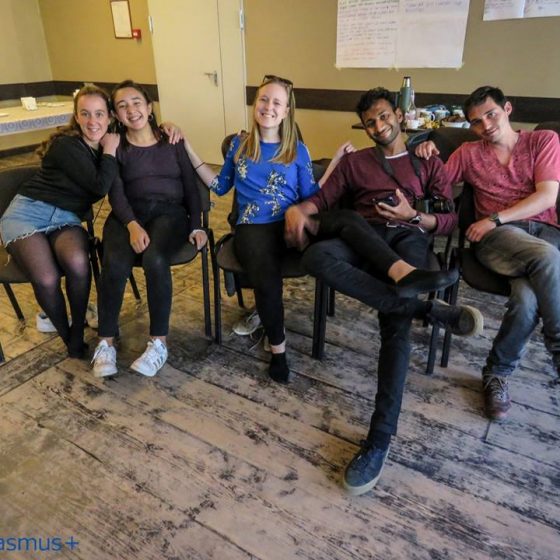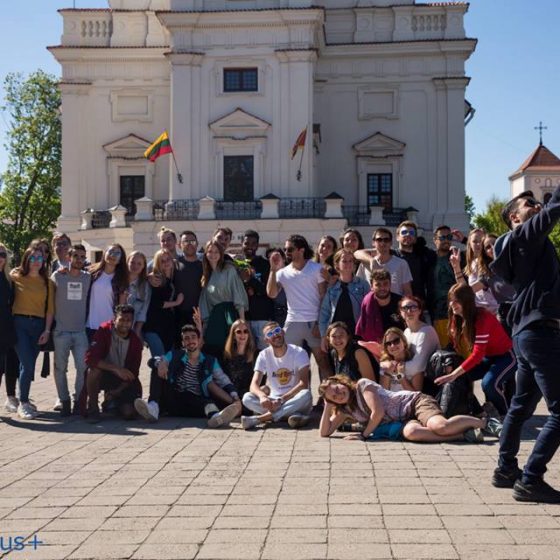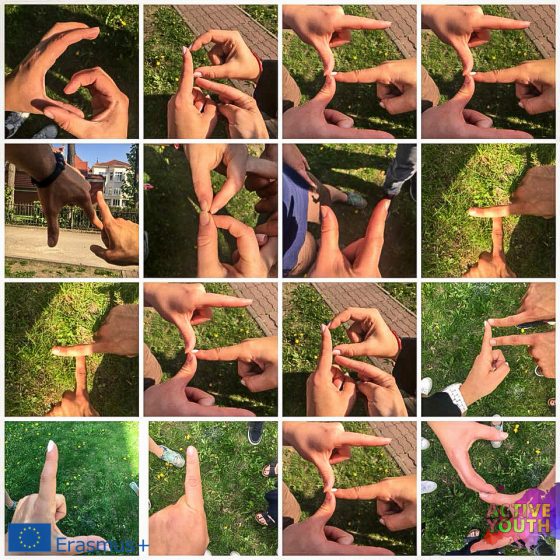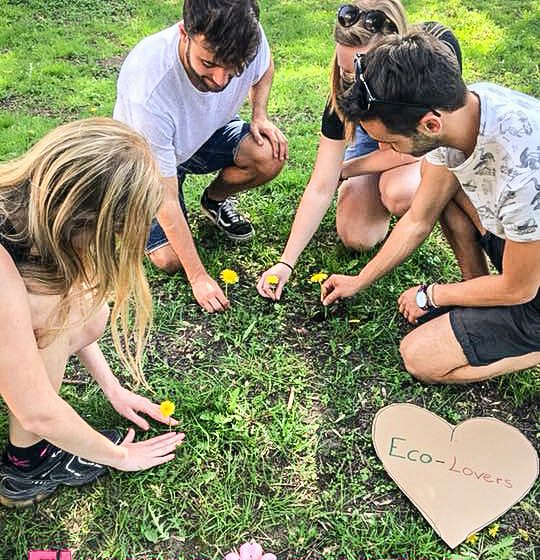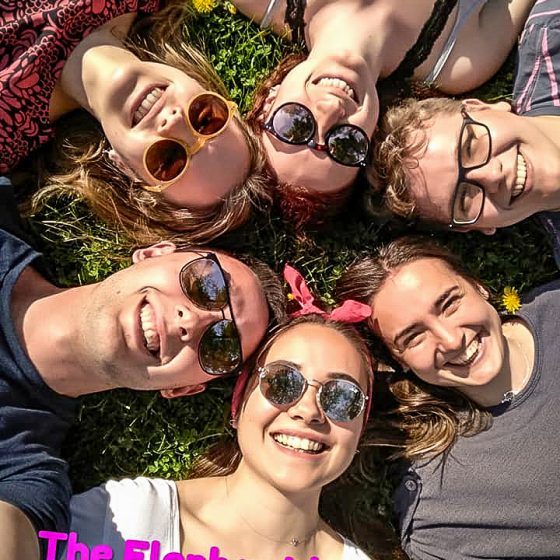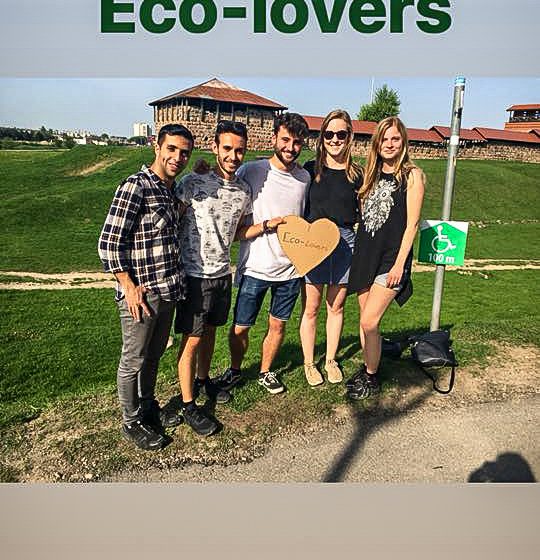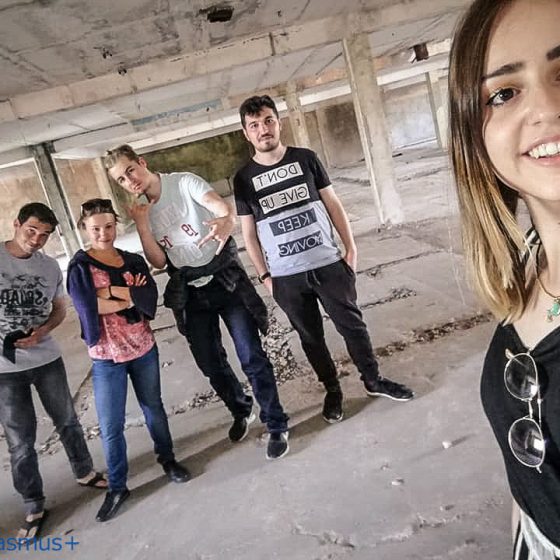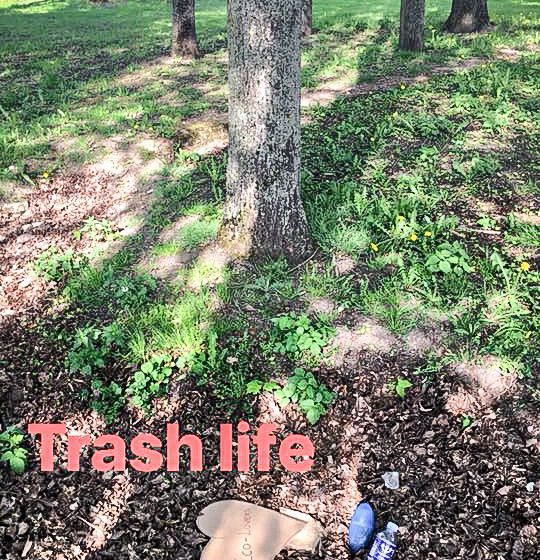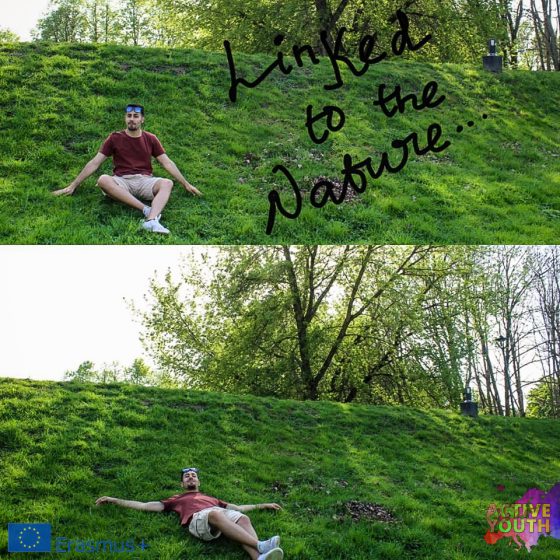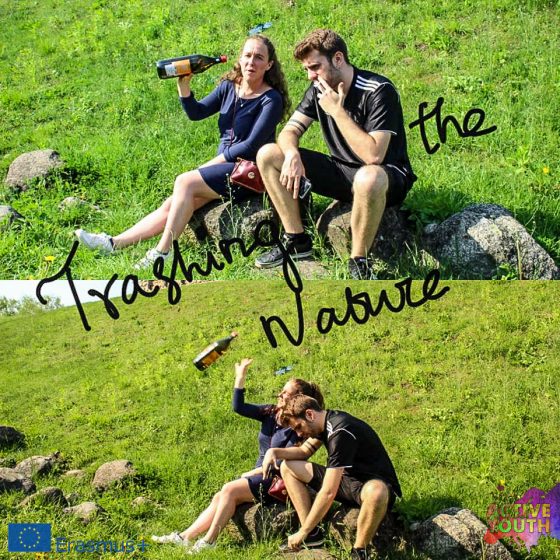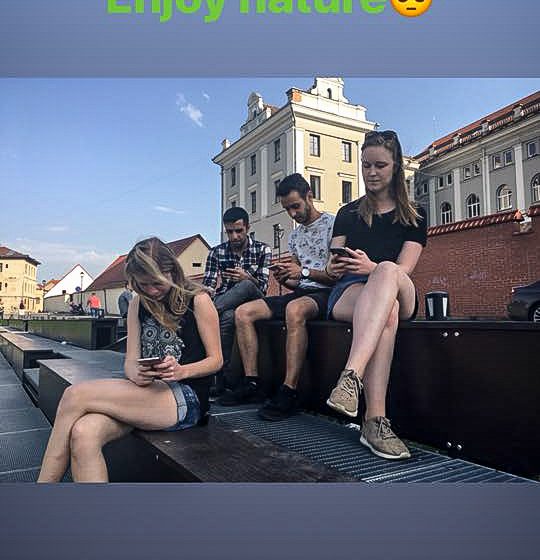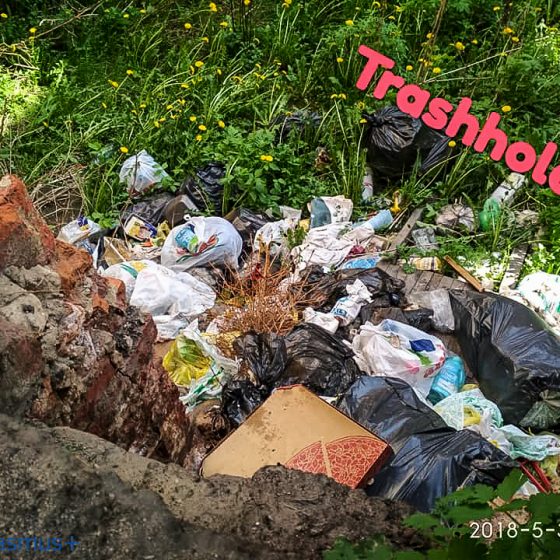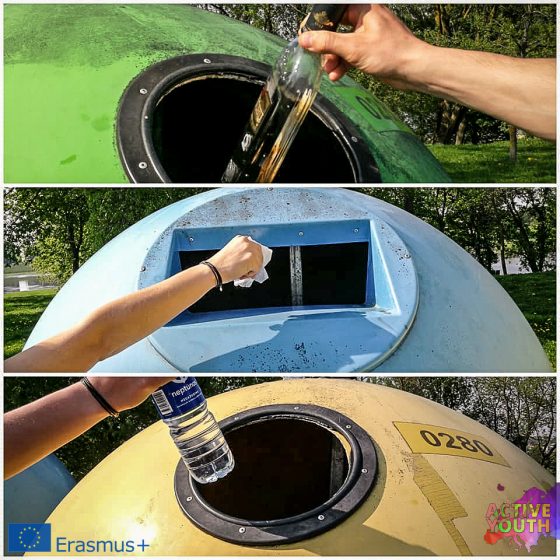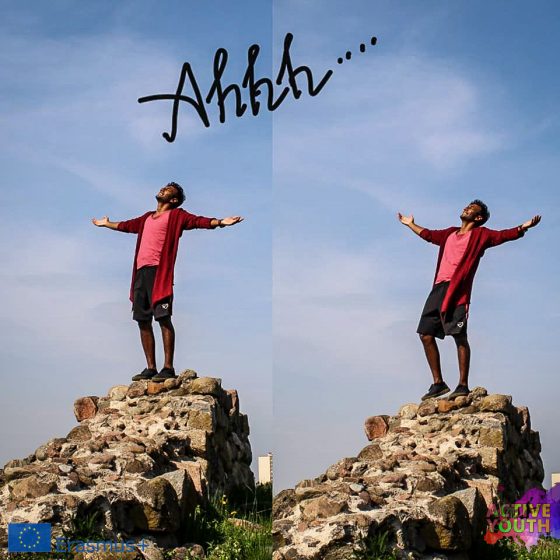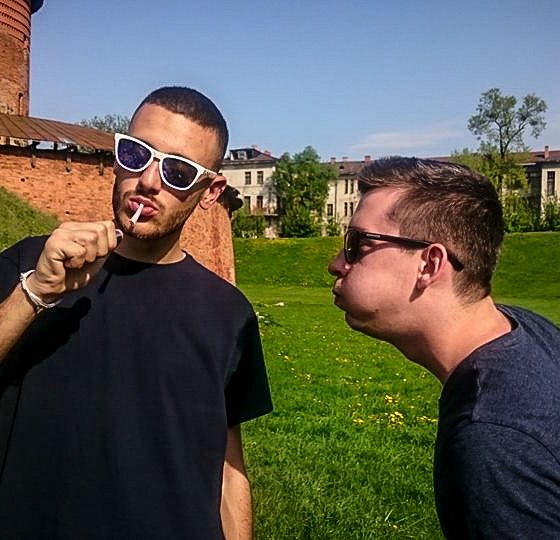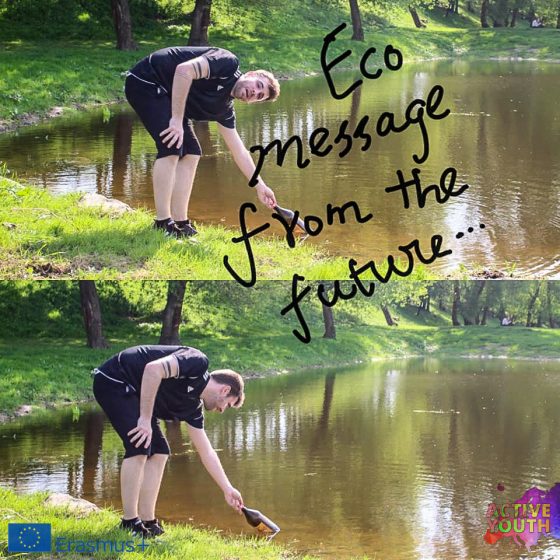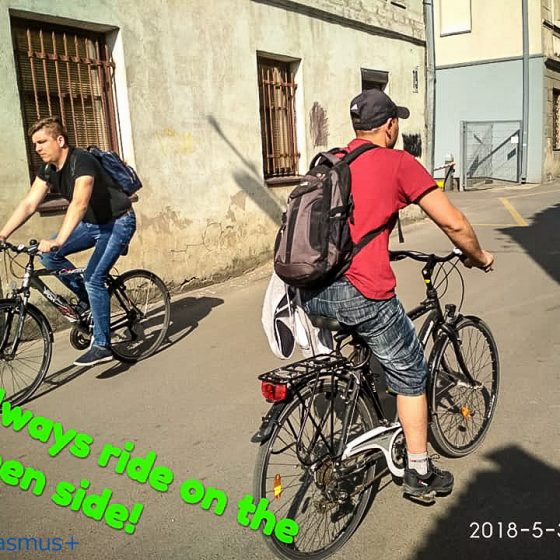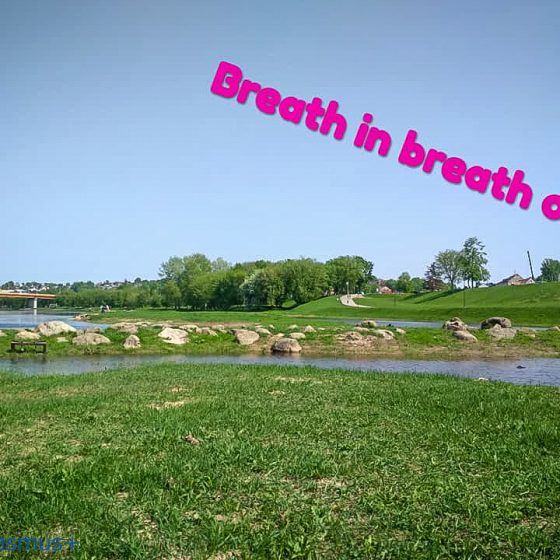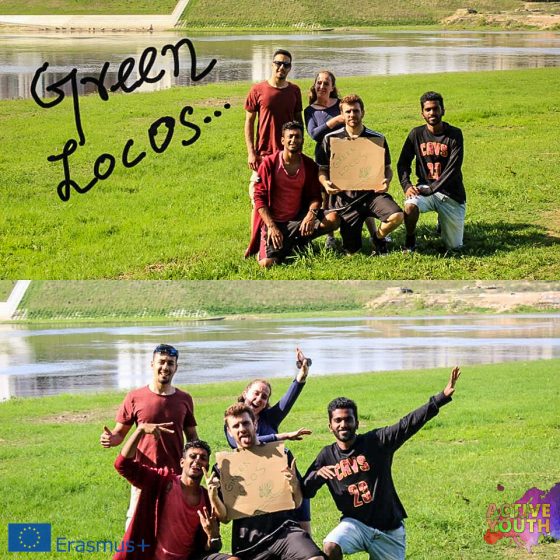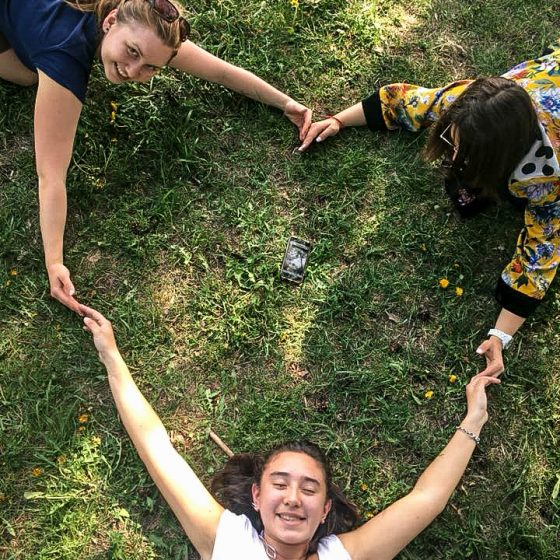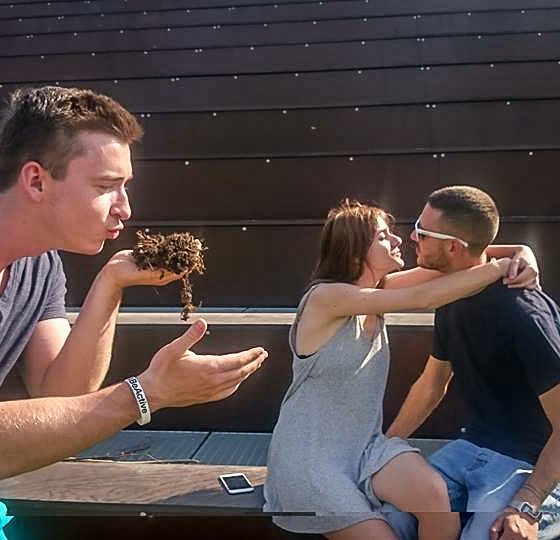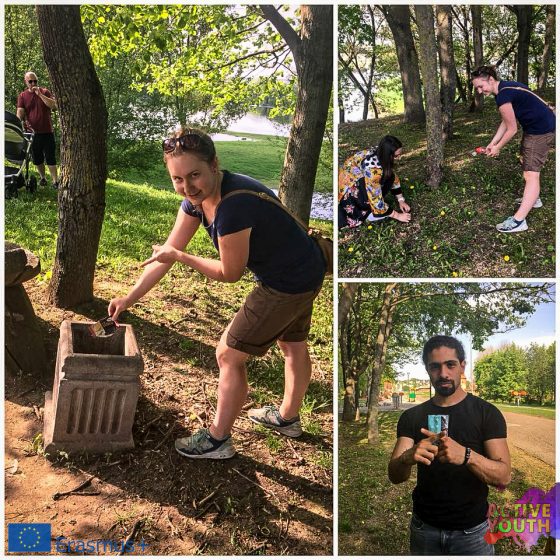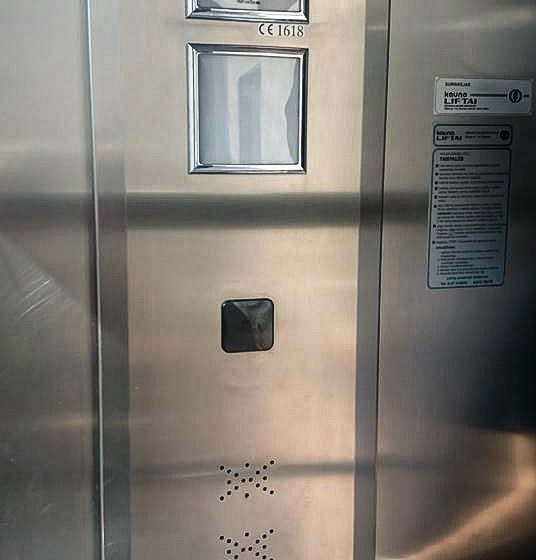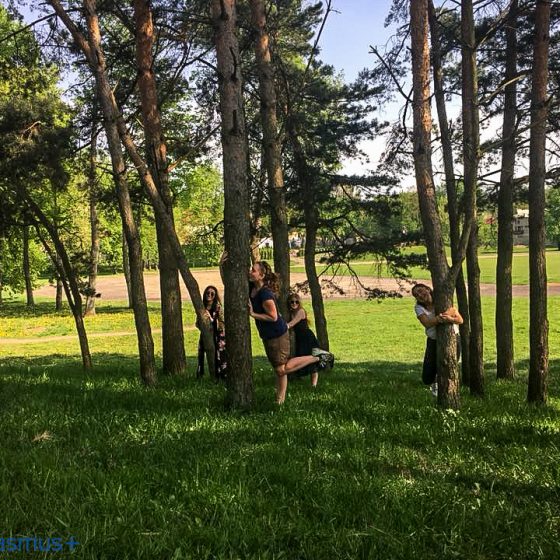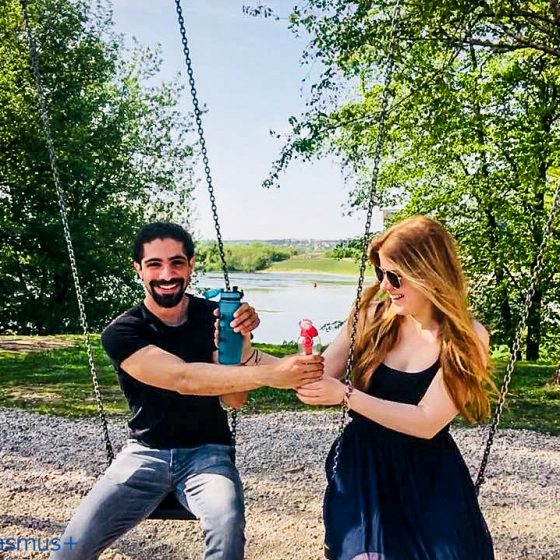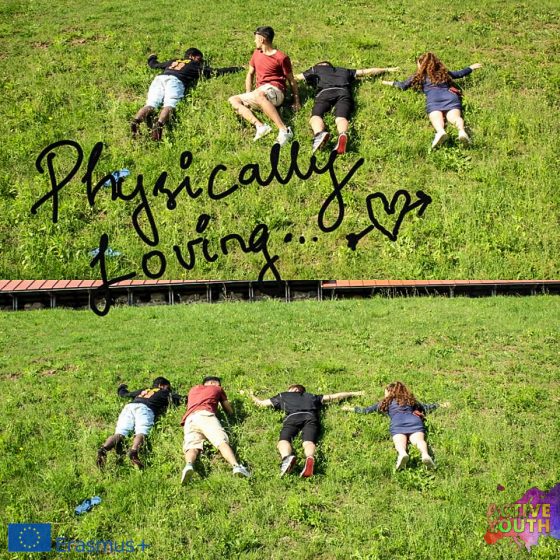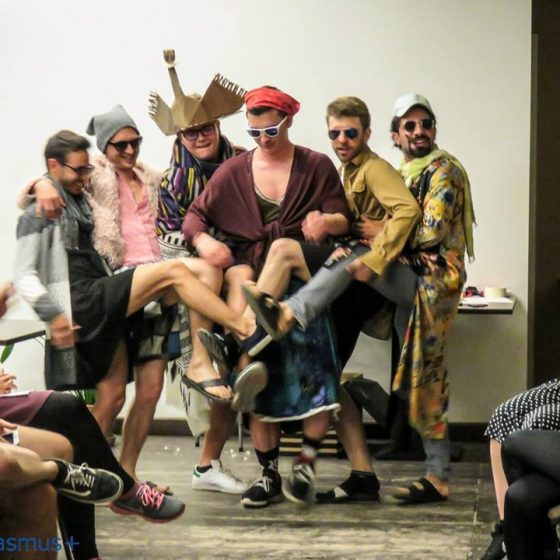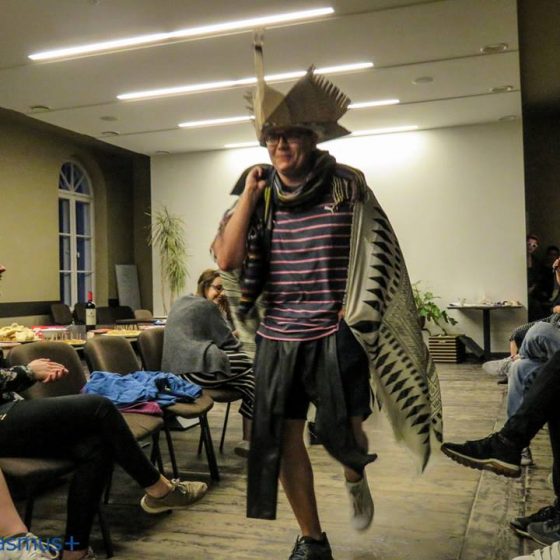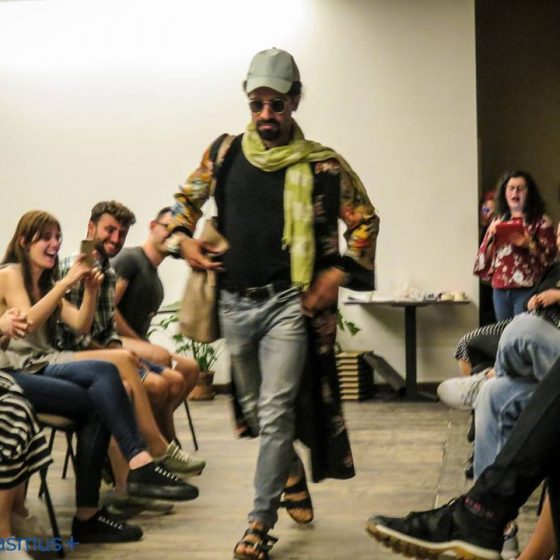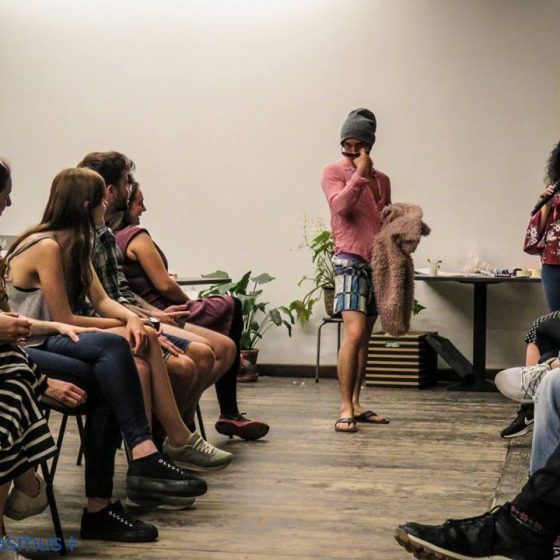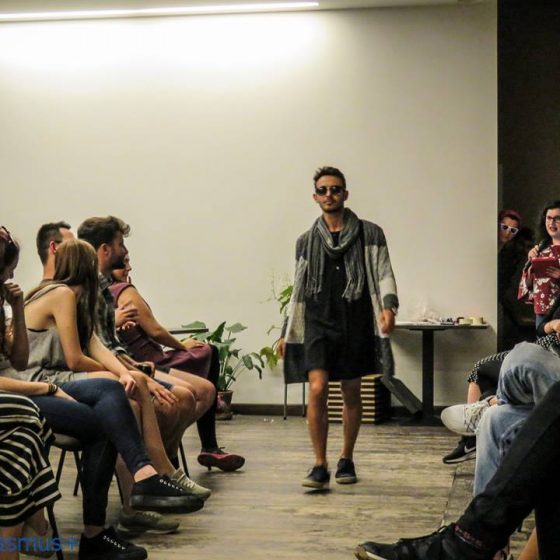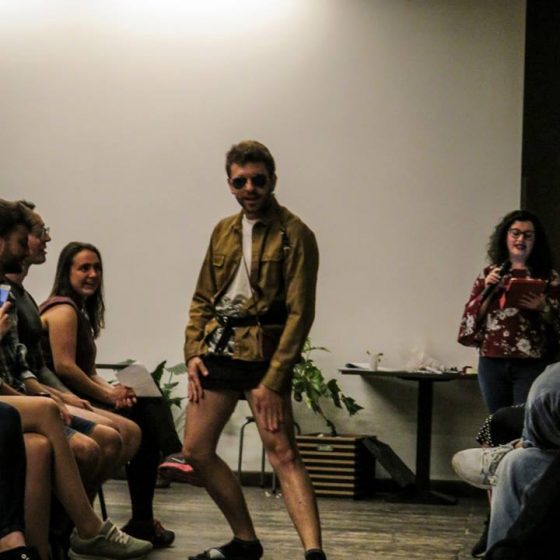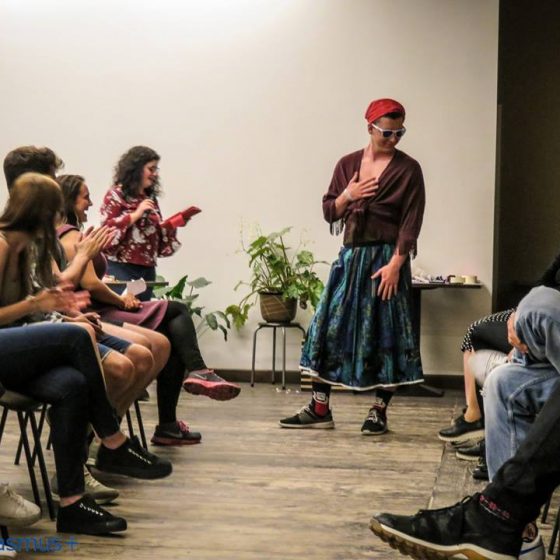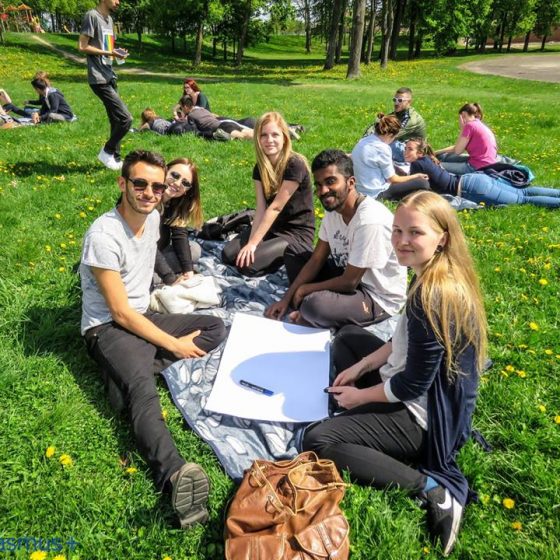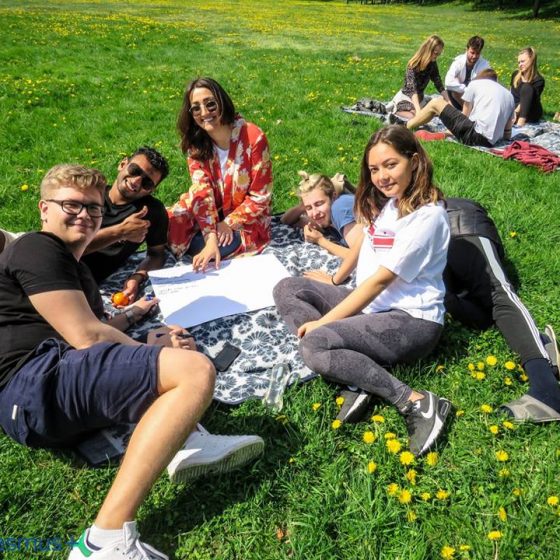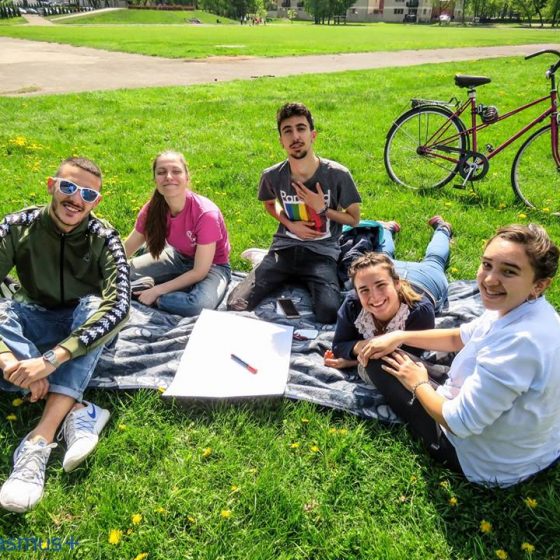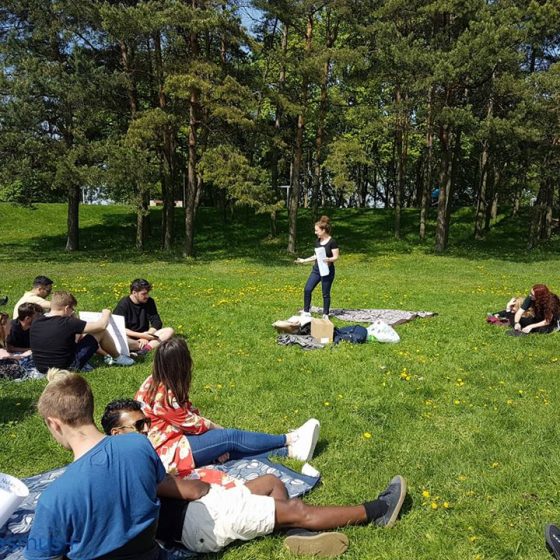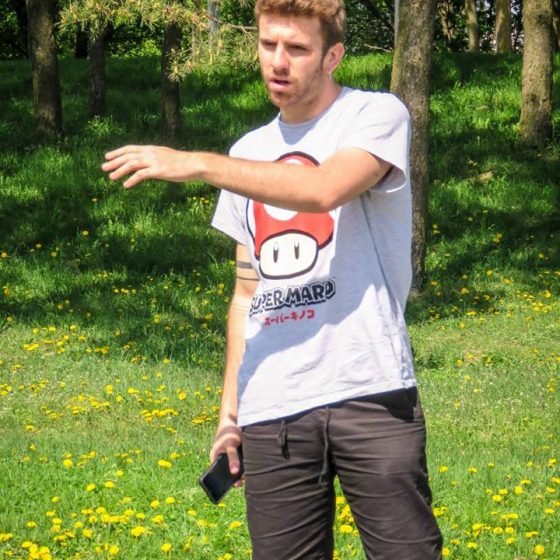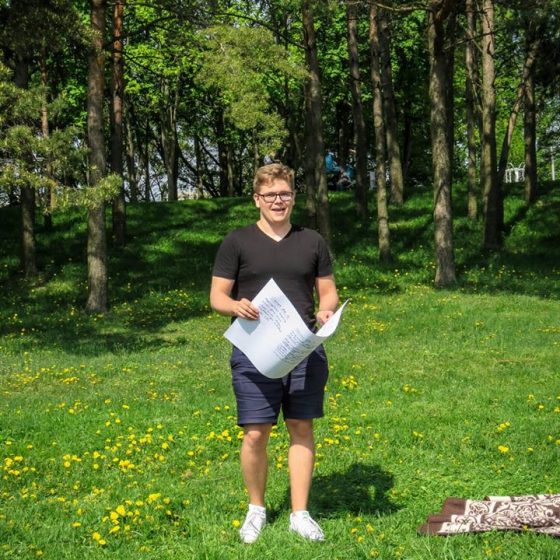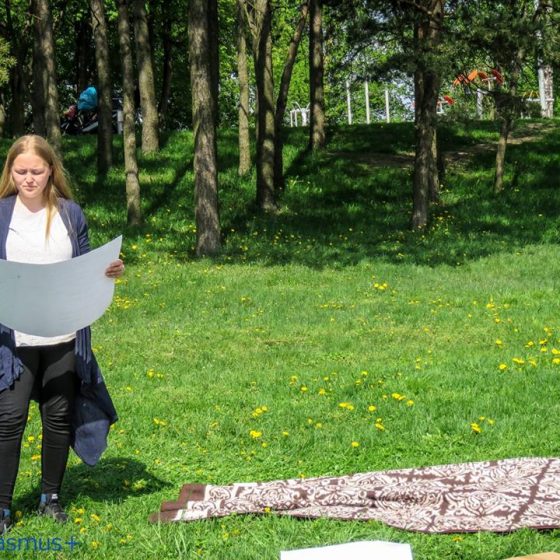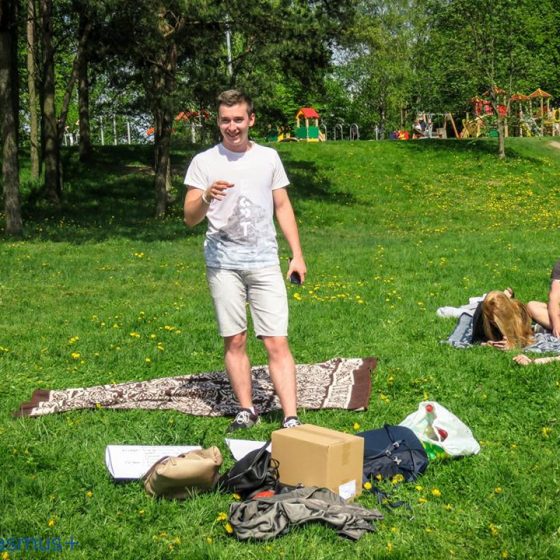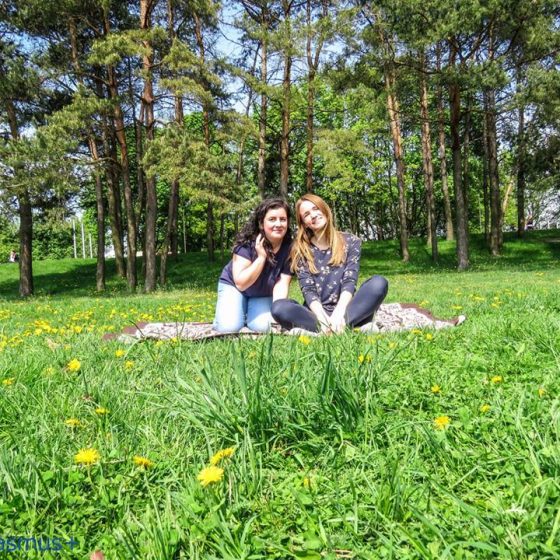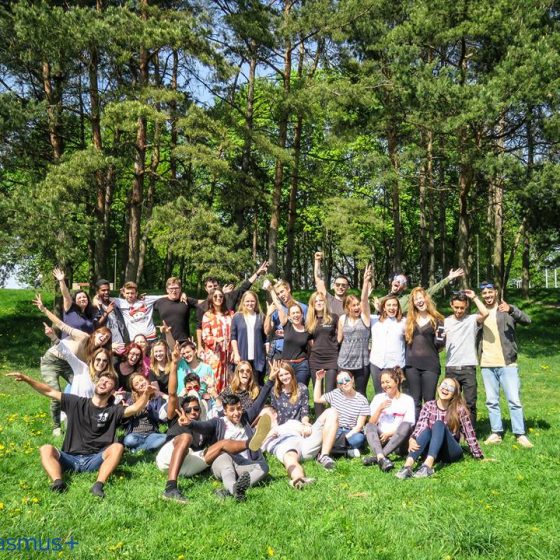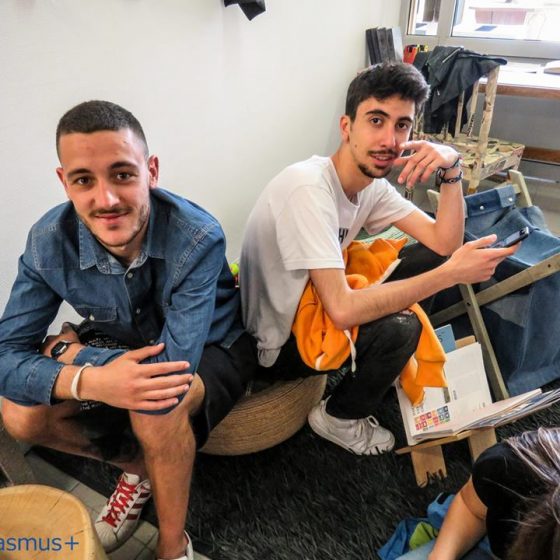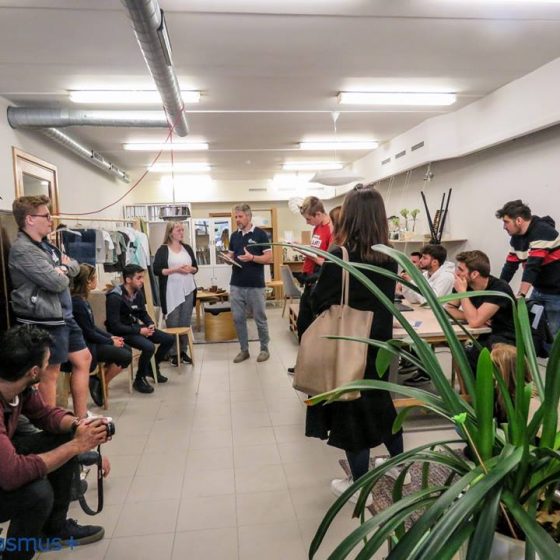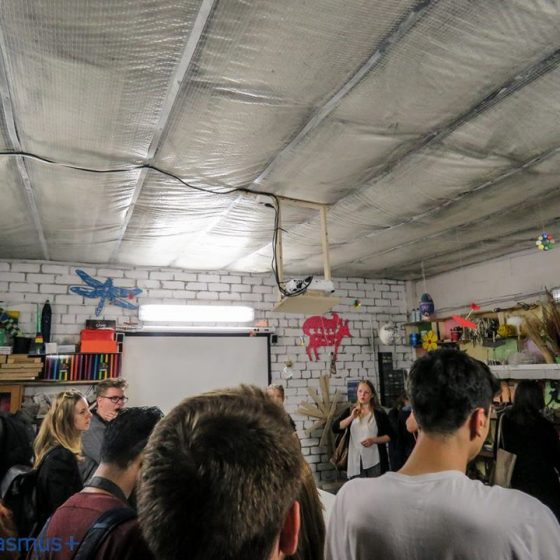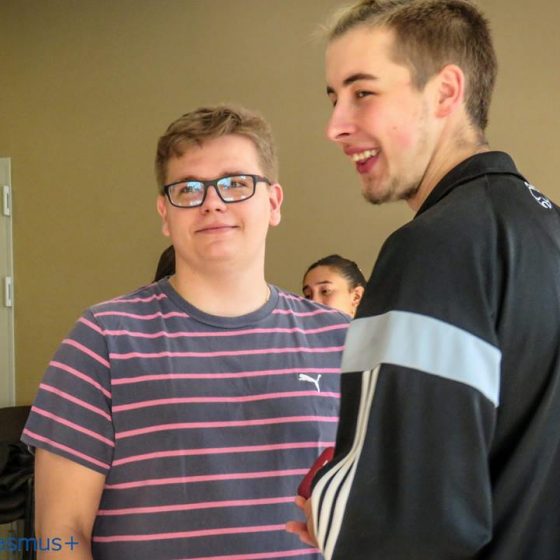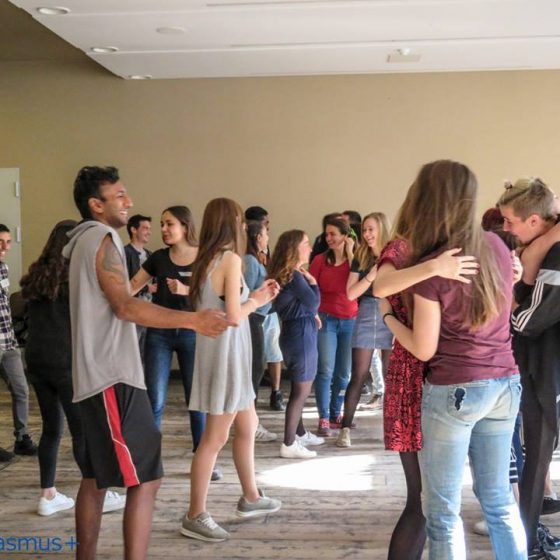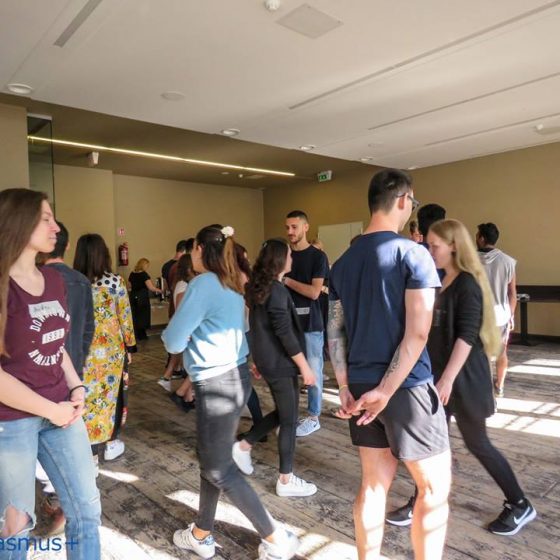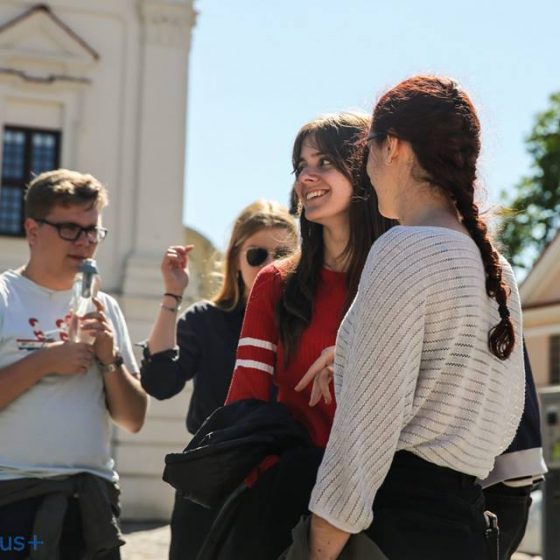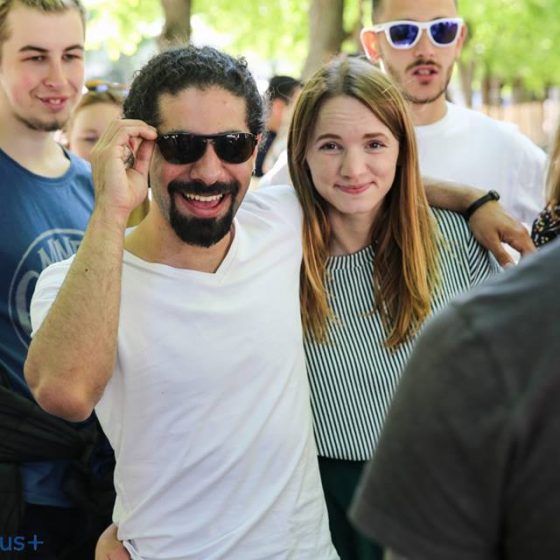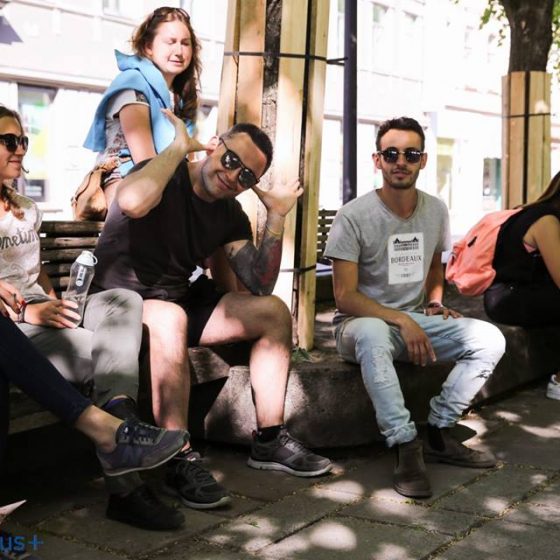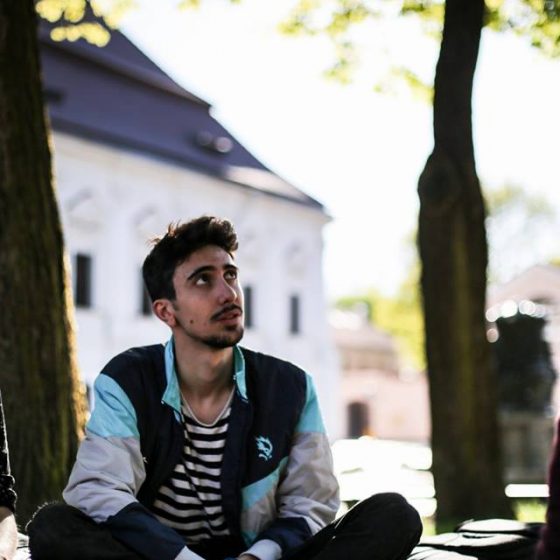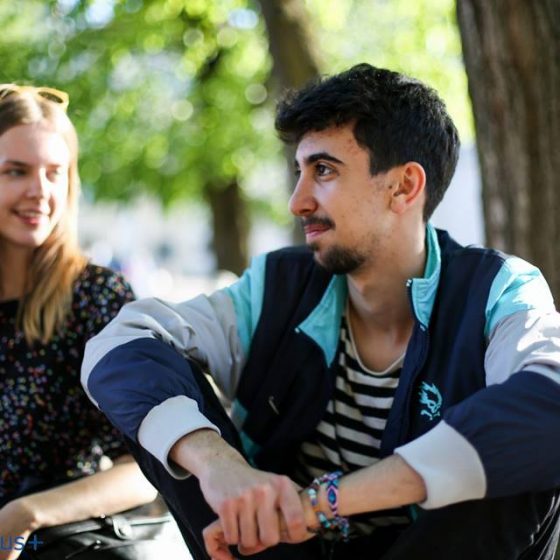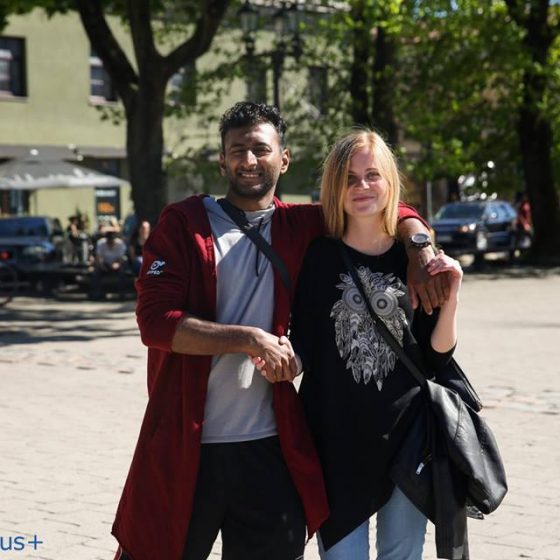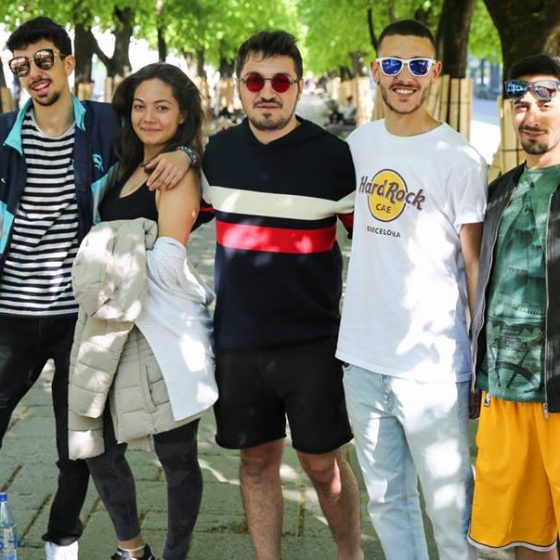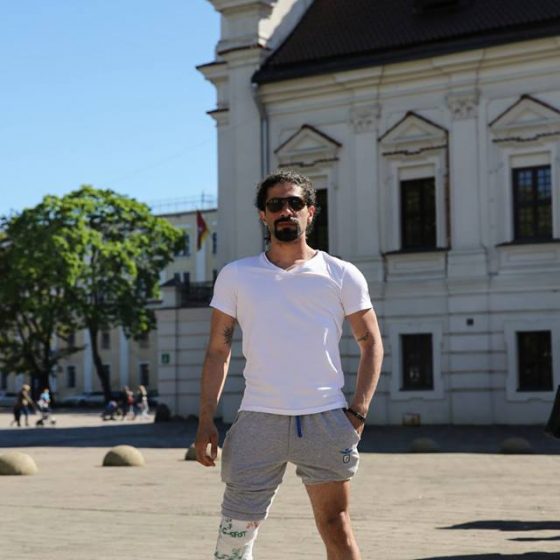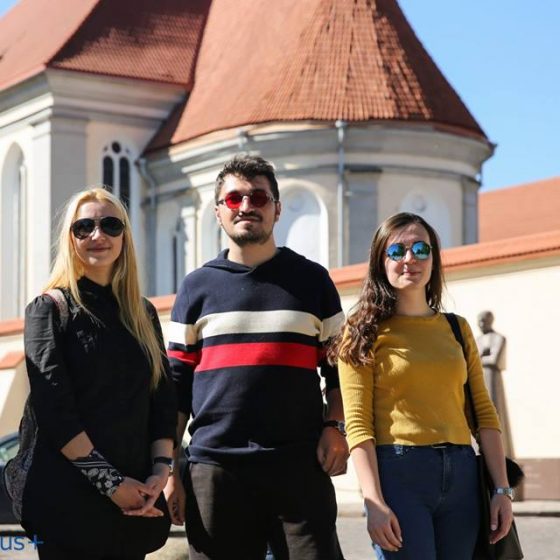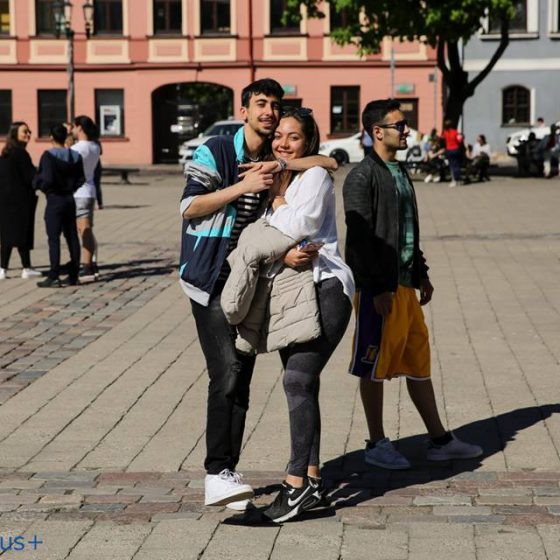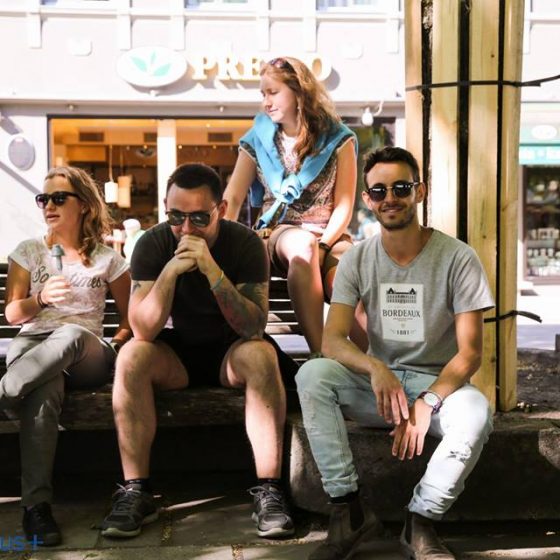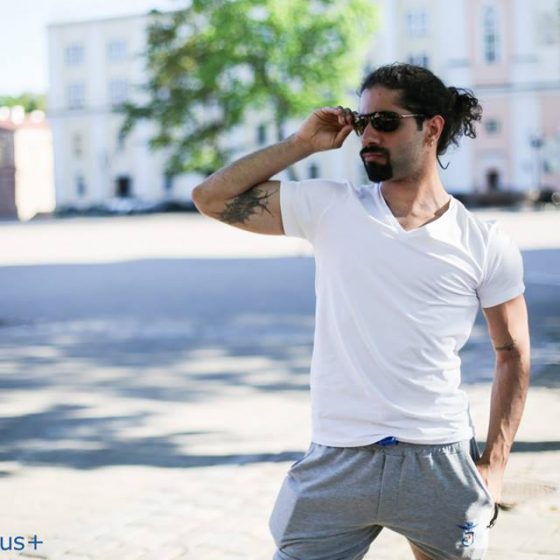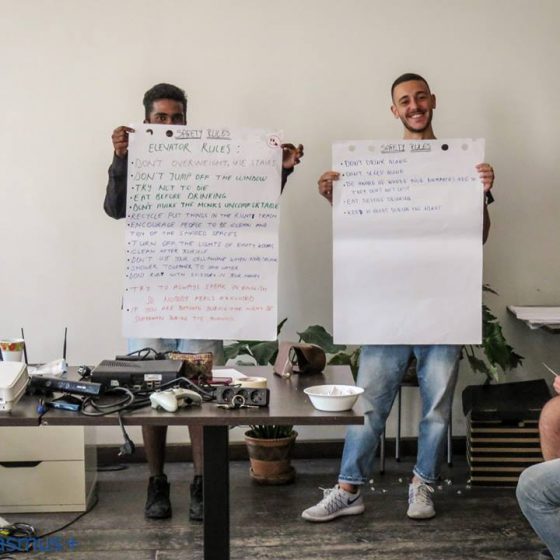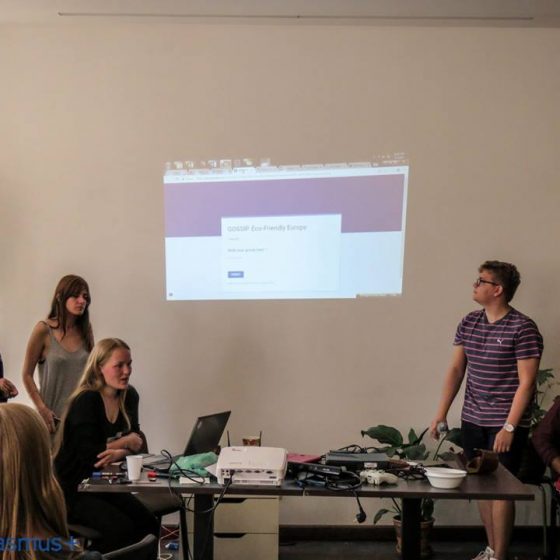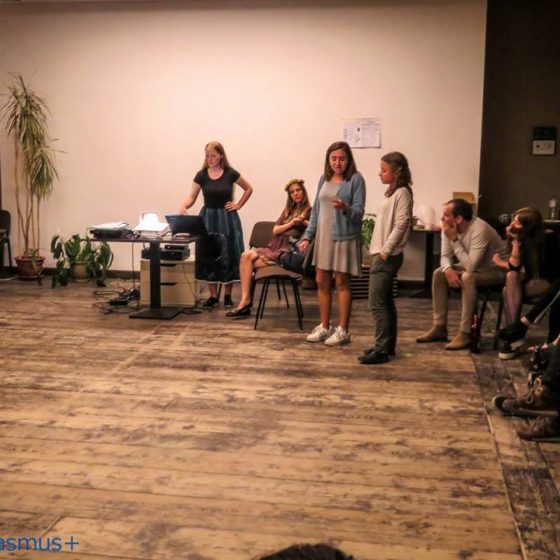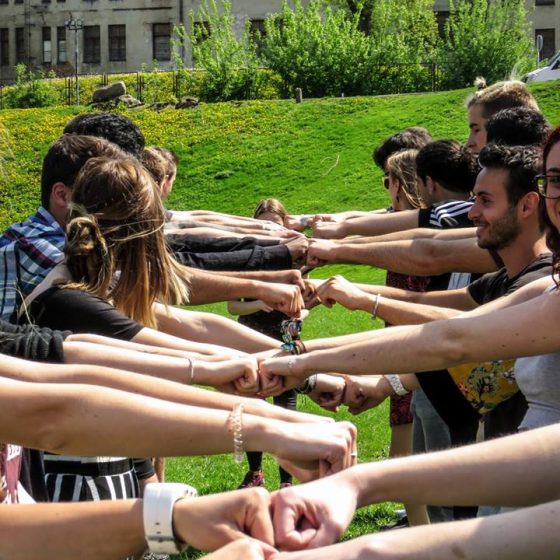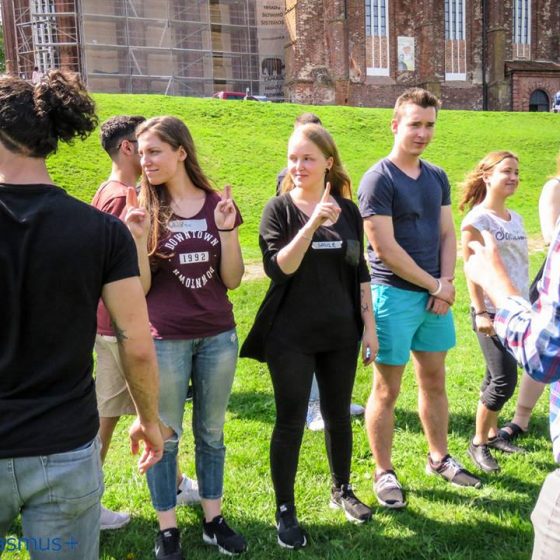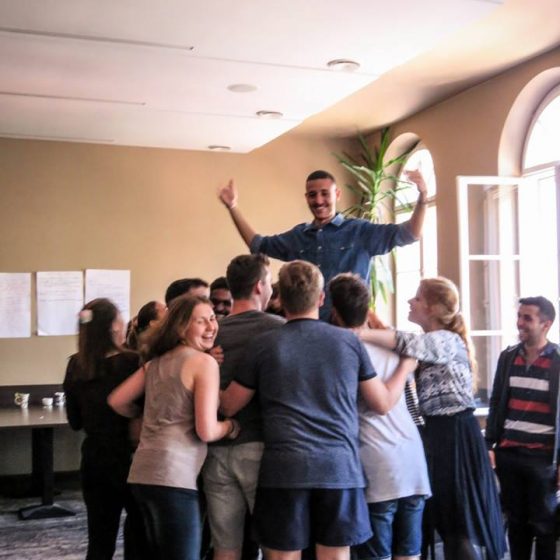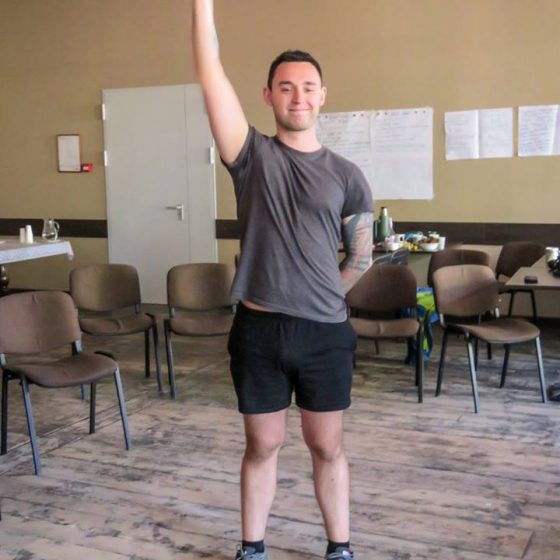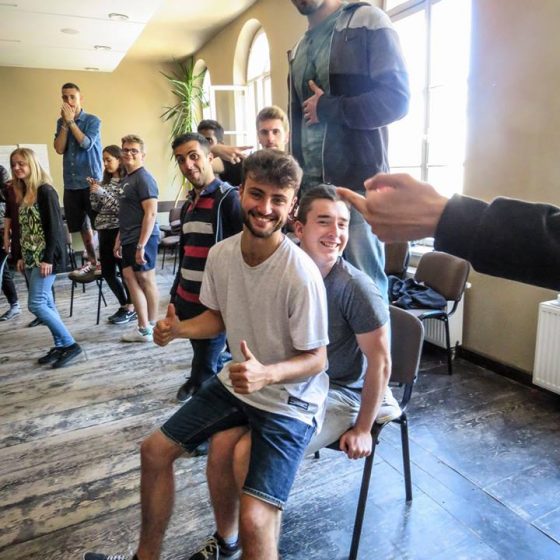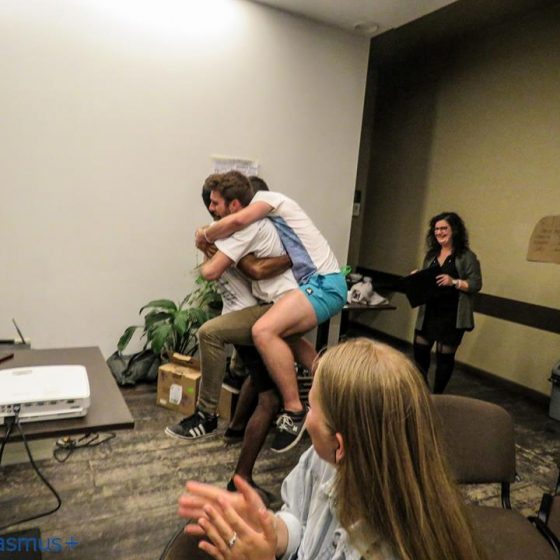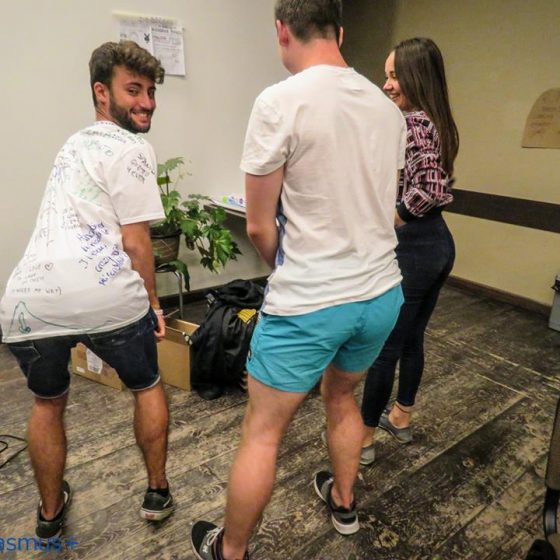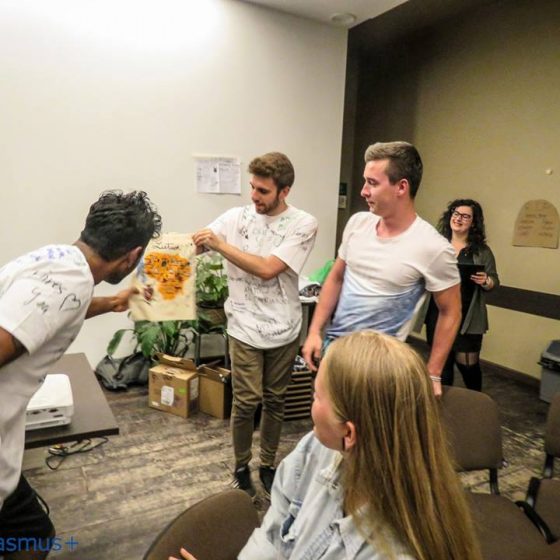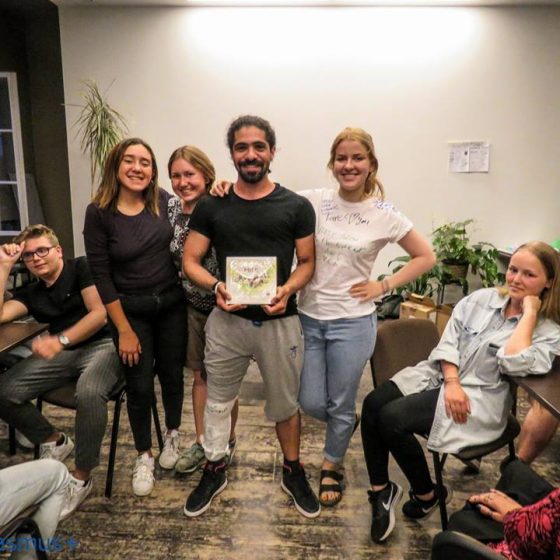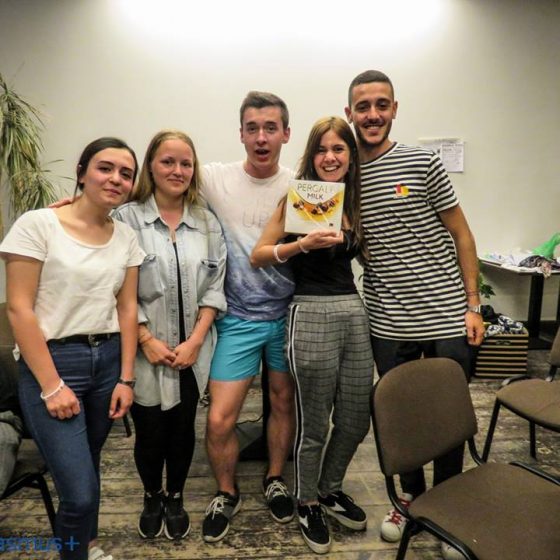Let’s be Eco-Friendly Europe!
Erasmus+ eco project “Eco-Friendly Europe” (acronym EFE) took place in Kaunas (Lithuania) from 2th of May until 10th of May, 2018. Project’s mission was to create ideas how to be more sustainable and live your life more eco-friendly. Our belief is that if we work together we can create the world which is cleaner and liveable for many generations to come. You can see some of the project’s best moments here:
The inspiration for the Project
Planet Earth cannot stand the current rhythm of world population growth. The superficiality of human behaviour is not sustainable anymore and is constantly putting the Earth in danger. Pollution has a great impact on mankind and environment as a whole. It leads to environmental degradation, human health issues, global warming, ozone layer depletion, infertile land and more. Thus finding a remedy is a top priority. According to European Environment Agency report “Air quality in Europe 2016” concentration of air pollution across Europe still remains the largest environmental health hazard of the continent – the total EU greenhouse gas emissions increased by 0.5% for the first time since 2010. That is also a consequence of humans lifestyle (e.g. large usage of wood stoves, road transport, spray bottles, intensive animal farming etc). That is why it is fundamental to start a societal transition towards a green economy and lifestyle. The main aim of the project is to head towards a change in European population’s behaviour and habits in order to reach an eco-friendly lifestyle. We think that the change is best to come from youth; thus, a youth exchange – “Eco-Friendly Europe” was hosted in Lithuania.
Objectives of the Project
To reach the key aim of the project mentioned above, the following objectives have been set: 1) to increase awareness about the environmental pollution level of the Earth; 2) to identify the most common negative outcomes of people’s habits concerning environment, as well as find ways to tackle that; 3) to promote an eco-sustainable behaviour and 4) to encourage a proactive approach towards green initiatives. By seeking these objectives, youth-development goals will also be achieved. Namely, 5) help the participants increase their social responsibility towards environmental safeguard; 6) involve the youth in discussions and decision-making in an international environment regarding environmental friendly actions; 7) keep the youth active and help them learn how to put ideas into actions; 8) enhance their social skills and multilingualism, as well as stimulate their cultural exchange.
Project’s Participants
36 young adults coming from 6 countries (Denmark, Spain, Italy, Turkey, Poland and Lithuania) joined to talk about environmental problems that are occurring at the moment. They were discussing and searching solutions for making our lives more sustainable and friendlier to the environment. A lot of participants had experience and knowledge about environmental problems, some of them are studying within the topic, most of them are living their lives as eco-friendly as possible, as well as few participants are volunteering in different organisations where they are striving to help the environment. For those reasons, the given information was easily understood and the project was running smoothly. The knowledge that participants received on this project might help them in their future initiatives as well as make their lives more eco-friendly.
Project’s Activities
To achieve the goals and objectives of the project, a range of NFE methods created by the involved partner countries were employed. The main activities identified the benefits of youth participation in creating the means of spreading information about the idea to the public. Creativity, involvement and initiative of all the young people who participated were encouraged throughout the activities, which included: 1) Capturing Environmental Problems in Kaunas through Photography (City-game) / Making Collages / Presentation, 2) World cafè: coffee & discussions in a non-formal environment on the most relevant environmental issues, effects of human behavior, possible solutions, 3) Video evening: watching short movies, documentaries & speeches about environmental matters, 4) Guest Speaker: ‘Darom’ initiative – raising public awareness and participation on environmental issues, 5) Visit: ‘Kūrybos kampas 360’ – the concept of trash design, 6) Preparation for Flash Mobs / Social Experiments in the city-center on environmental awareness (idea generation, strategy creation & task distribution) and implementation, 7) Introduction to video creation on DO and DON’T on environmental lifestyle: idea generation, strategy creation and task distribution, Video Creation: shooting in the city + editing + presentation, 8) Workshops related to the topic, 9) Cultural nights and 10) Treasure hunt.
Some of the main activities’ brief descriptions can be seen here:
City game
Participants had two challenges within the activity. 1. Challenge was Lithuanian next top model. Every team member had to choose the model who will represent the team. They had to create a perfect outfit using at least one item from each member of the team. They had to create a description of the outfit. Last but not least the models had to present their teams on the runway. The game was fun and educative for the participants. 2. Challenge was to create pictures which represented following topics: “I love Earth”, “Wrong habits”, “Go green”, “Fresh air”, “Free topic” and they had to come up with different names for each of them. Participants made very interesting pictures as the interpretations of the topics differ from each team. Participants used different indoor and outdoor scenes.
World Cafe
Because of the lovely weather, this activity was held in the near park. Participants were divided into groups. They had the opportunity to share their opinion with the leaders of each country, thus they were moving every few minutes to discuss another topic. The topics were about animals, environment, recycling, renewable energy, everyday life, food and energy. The leaders started by asking them questions about the topics, for example on environmental topic: ‘Are you concerned about the environment? If so, what do you think is the biggest issue?’ or on the topic about energy: ‘How do you think we could encourage people to turn off lights and other appliances, such as the television, the radio, etc. when they are not being used?’, etc. Participants were so involved in the activity that they didn’t want to stop discussing given problems. After the discussion, every leader had to present the sum-up on the chosen issue.
Visit: Kūrybos kampas 360
Participants had the chance to visit ‘Kūrybos kampas 360’. Their aim is to create new items from trash, which they also sell. Participants saw different furniture from reusable materials. The owner explained how the idea was created and how they are producing the items. The participants also checked the place where all of the products are created as well as where workshops for kids are held. In addition, everybody was invited to use their space to create something unique. Participants also received interesting gifts from the owner.
Treasure Hunt
Each participant was given a piece of paper with a question or an answer. For example, one was given a question: ‘How many times could an aluminium can be recycled?’ and another was given an answer: ‘It could be recycled forever’. Participants had to find their match by relying on their knowledge, luck and resourcefulness. They were mixing and matching and a lot of them were able to find their other half. On the end, they had to read the facts out loud. From this activity, they gained knowledge about the environment, recycling, etc.
Flash Mobs / Social Experiments in the city-center on environmental awareness
Participants had to discuss within the group about idea generation and create the strategy. The roles were given to the participants and they went to the city to implement their idea. The scenario was to go to the crowded place and leave the garbage on the floor so people could see it. Participants were playing their roles, thus some of them were sitting in the cafe, other were in the small park. There was also the cameraman who was filming the whole activity. One person actually picked up the garbage and the participants started to sing and clap around him. They explain what the activity was about and he told them that he is actually a member of the same organisation as the guest speaker. When they repeated the story not even one person who passed by picked it up and threw it into the trash bin. Participants were surprised because they gave their all for people to notice the garbage (pretending to throw it on the floor, kicking it, etc.). The activity was fun and educative because they could see that a lot of people had to change their mindset and do a small step to help the environment.
DO and DON’T on environmental lifestyle
Videos are a powerful tool for many reasons. They are budget friendly, highly communicative, could potentially reach the whole world and people can easily express their creativity. The first step of the activity was for the facilitators to explain how to create the most efficient video. The second step was for participants to create short videos in groups.
The following topics were: 1. Recycling / Reusing 2. Wasting: energy 3. Wasting: water 4. Wasting: paper and 5. Air Pollution. Participants were very creative with videos and they most definitely presented how to “do and don’t” to make your life eco-friendly. The results are best presented in one of the videos.
Guest speaker
Participants had the opportunity to meet a member of ‘Darom’ initiative. They want to raise public awareness and participation on environmental issues. Just a few days before she came to present worldwide initiative to the participants, they organised cleaning of the local area. The participants were aware how clean and beautiful Kaunas was.
Here you can check the presentation of the guest speaker:
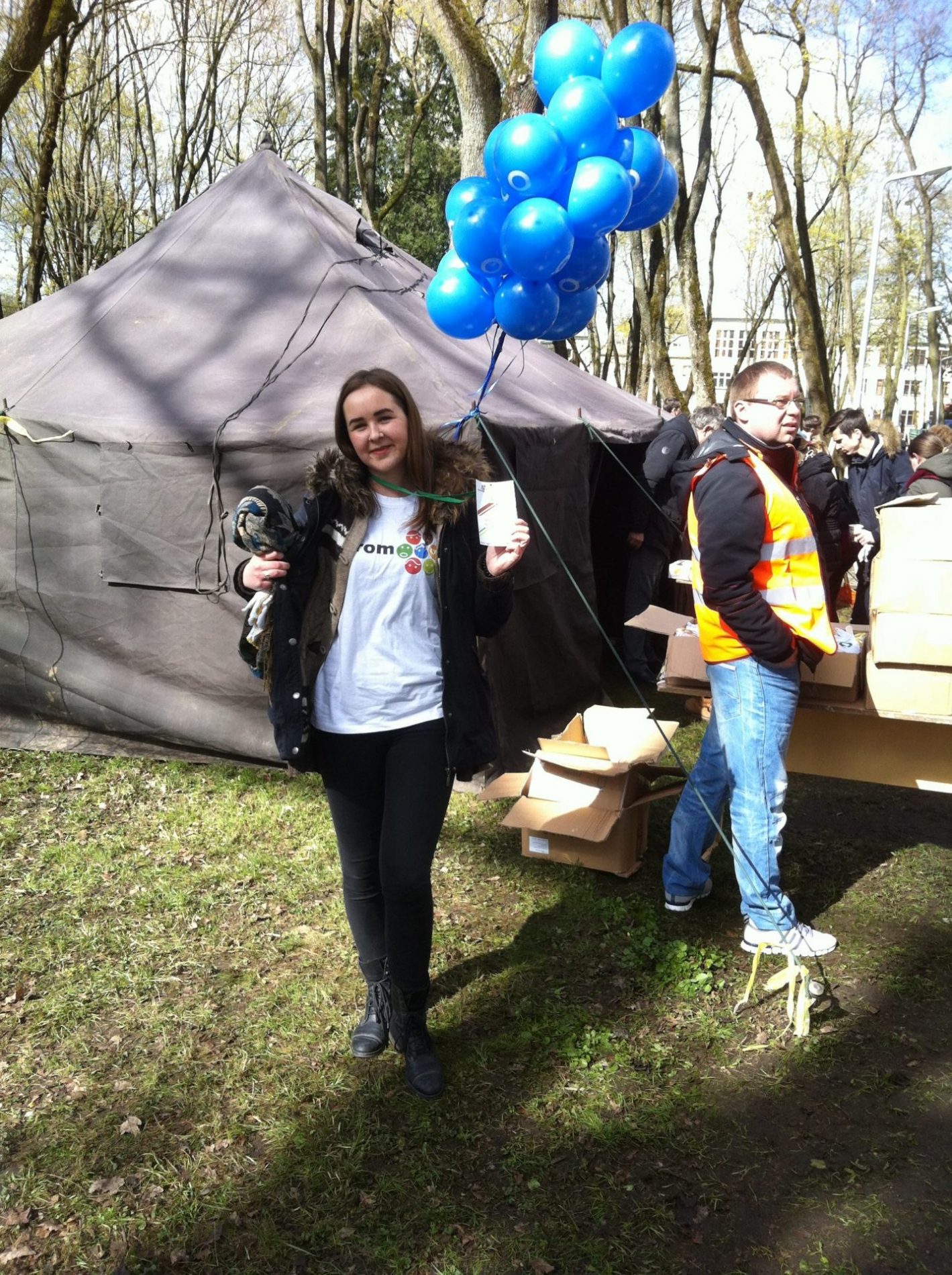
Other activities
Project’s days started with energizers that each country had to show during the morning. Before the project participants had to prepare country workshop about ecology and environmental problems. Every country had to prepare cultural night which always came at the end of the day. They also had to set the rules of the project, create the gossip box, punishment box and they were done as ecological as possible. The participants played two games during the whole project: “The Killer” (people had a victim who they had to kiss in order to kill him/her) and “A secret friend” (participants were giving gifts, nice notes). On the last night, there was an award night. The participants voted the best dancer, the best cultural evening, sleeping beauty, the funniest person, etc. All of these activities gave the participants the chance to get to know each other better.
Project’s success
The project was successful. Participants gained additional knowledge about ecology, which didn’t only complement their previous knowledge, but it gave them a new perspective on how to be sustainable and eco-friendly. The participants’ knowledge assessment shown around 40% of improvement.
The participants really liked spending time in Kaunas. Many activities were done in the beautiful Lithuanian nature or in the city centre. They had the opportunity to explore the city and the culture.
A lot of the participants came with a lot of knowledge and opinion about ecology. During the activities, they were very eager to share that knowledge and their thoughts which was very educative for them. Activities gave them a new perspective on the topic. In addition, they are even more determined to help the environment and raise awareness about the problems that are occurring in the world.
To sum up, the project made a positive impact on the participants and organizations on many levels. As it was mentioned before, the participants are strongly motivated to make a change and help the environment, as well as they, want to continue with initiatives to educate people in their countries. We believe that participants included in the project “Eco-Friendly Europe” will promote akin projects across the EU.
Project’s schedule, activities and material:
- Schedule of the Youth Exchange
- Info pack of youth exchange, with all the information for project participants.
- Current knowledge assessment, which was done in the beginning of the project.
- City game, with information how to do the task.
- World Cafe, topics for discussions.
- Treasure Hunt, questions and answers.
- DO and DON’T on environmental lifestyle, with information how to create a good video.
- Zero waste, presentation of the initiative.
- Booklet of the project.
- Schedule of the Youth Exchange
- Info pack of youth exchange, with all the information for project participants.
- Current knowledge assessment, which was done in the beginning of the project.
- City game, with information how to do the task.
- World Cafe, topics for discussions.
- Treasure Hunt, questions and answers.
- DO and DON’T on environmental lifestyle, with information how to create a good video.
- Zero waste, presentation of the initiative.
APV-Eco Friendly Europe
APV of the project “Eco Friendly Europe” took place in Domus Pacis (Kaunas, Lithuania), from 17th to 20th of February. On the APV partner organisations discussed about activities, dissemination and they looked through the materials for the Youth Exchange. Here are the best moments from the APV “Eco Friendly Europe”:
